Home » Promotional Products Articles & Guides: Trends & Industry Insights » Promotional Product Safety Standards »
BPA: What It Is, Risks, and Safe Alternatives
Last Updated: 17 July 2025
Bisphenol A, commonly known as BPA, is a chemical used to make polycarbonate plastics. In 2008, this chemical made headlines because of its harmful effects. Because of this, parents became concerned and flooded paediatricians with questions about Bisphenol A (BPA). This worry also reflected the shift in the customers’ preferences in Australia and, therefore, the shift of preferred branded merchandise that businesses distribute. Now, brands are looking for BPA-free products like custom water bottles.
BPA Risks
BPA poses several health risks for the recipients. It includes:
- Brain and Behavior Issues: Research shows that exposure to BPA disrupts brain development and behaviour. This means that people who are highly exposed to this chemical are prone to anxiety, aggression, impaired memory and even heightened sensitivity to stress.
- Cancer Risk: BPA exposure also raises concerns about cancer. Studies show that exposure to this harmful chemical alters the functions of your cells. This then potentially leads to the development of cancer.
- Reproductive Health: BPA is also linked to reproductive issues. It can impair fertility in both men and women, increasing the chances of miscarriage and congenital disabilities.
- Hormone Disruption: BPA can disrupt normal hormone levels, which in turn can disrupt a person’s behaviour and cognitive functions.
- Heart Problems: Some studies claim that exposure to BPA also changes your heart’s function and structure. This then causes blood pressure issues and the risk of cardiovascular diseases.
- Obesity Connection: BPA is also tied to obesity. Research shows that it can alter metabolism and fat storage, which may result in weight gain.
What are BPA-free alternatives to plastic?
While completely eliminating BPA exposure may not be possible, you can significantly reduce your risk by making smarter choices in the products you use every day. Here’s how:
- Choose BPA-free products, such as drink bottles, lunch boxes, and food containers, made from safe, BPA-free materials.
- Use BPA-free infant feeding products, including baby bottles and formula packaging clearly labelled as BPA-free.
- Store food in glass, stainless steel, or BPA-free containers instead of traditional plastic.
- Never microwave food in plastic containers that might contain BPA. Heat can cause chemicals to leach into the food.
- Replace any cracked, cloudy, or damaged plastic items, as wear and tear can increase BPA leaching.
- Pick fresh or frozen foods over canned goods unless the cans are labelled BPA-free.
- Avoid plastics marked with recycling codes 3 (PVC) or 7 (Other) unless specifically marked as BPA-free.
Safe, Stylish, BPA-Free – That’s Promo Power
Your customers’ health matters, and so does your brand’s message. At Cubic Promote, we offer a wide range of BPA-free products, such as drink bottles, custom lunchboxes, food containers, and more, so you can promote your business without compromising safety. Choosing BPA-free isn’t just a smart move—it’s also a thoughtful one. Get yours in bulk today!



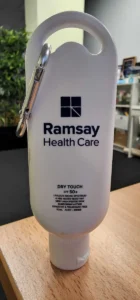
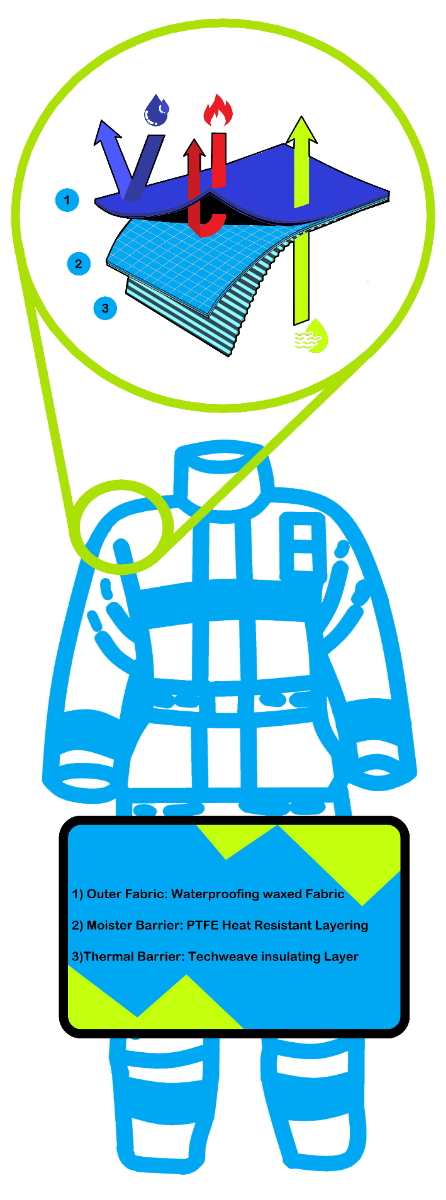




 Sale
Sale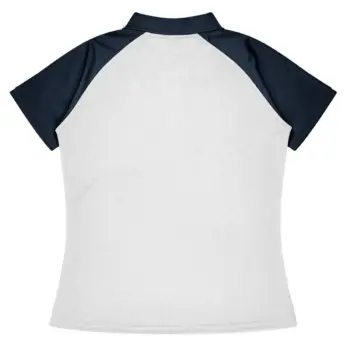
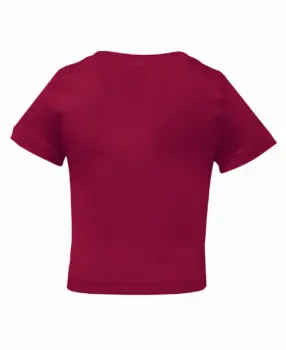
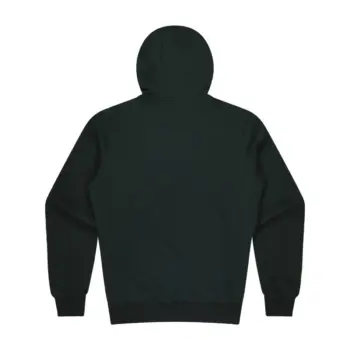
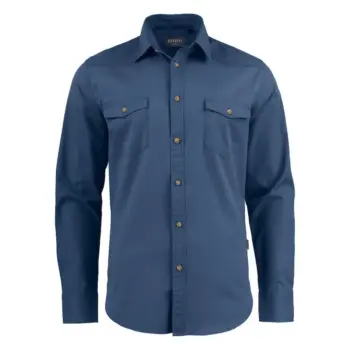

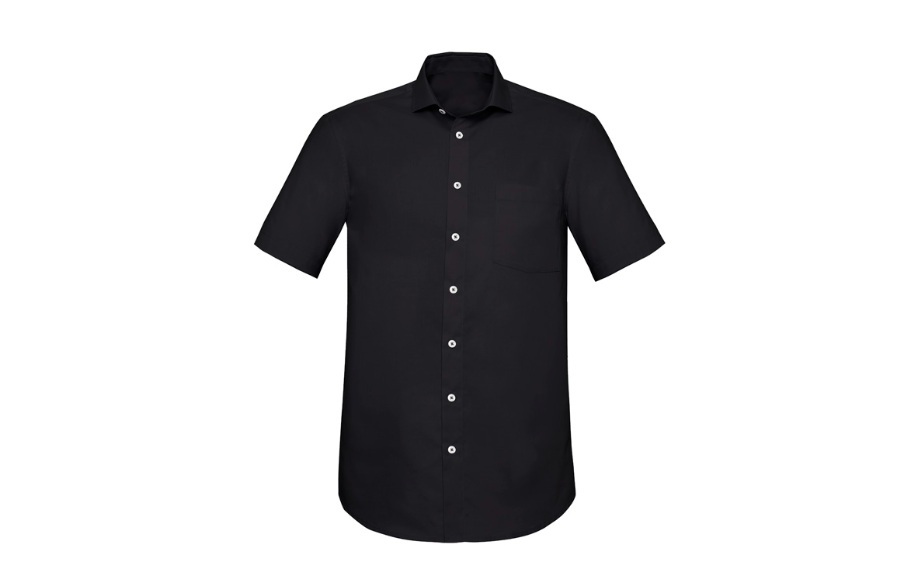 Corporate Uniforms
Corporate Uniforms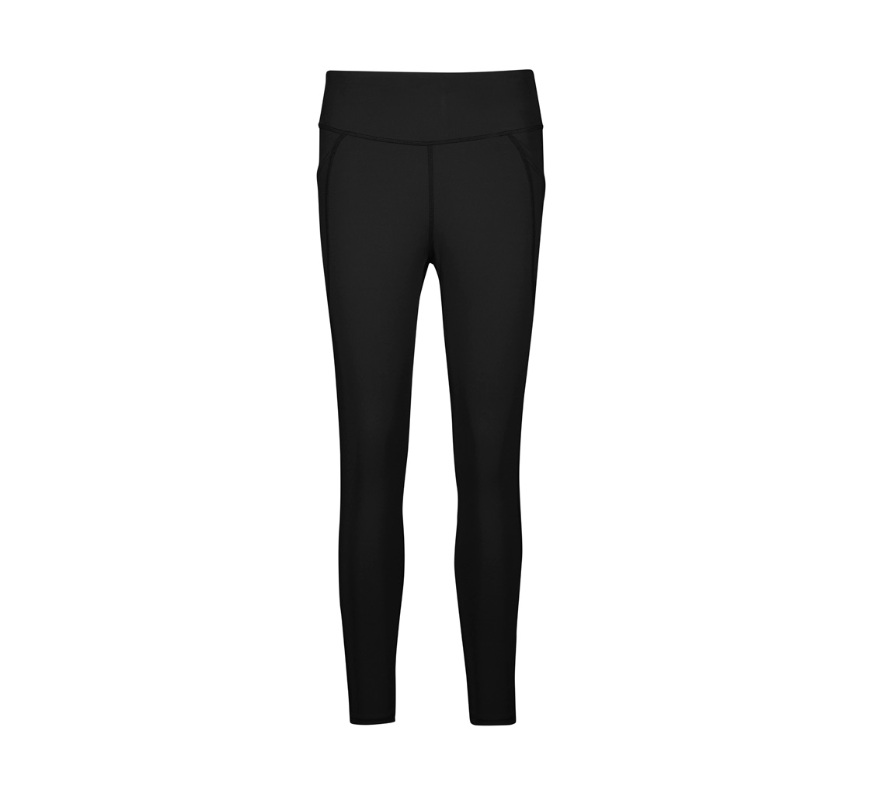 Eco Apparel
Eco Apparel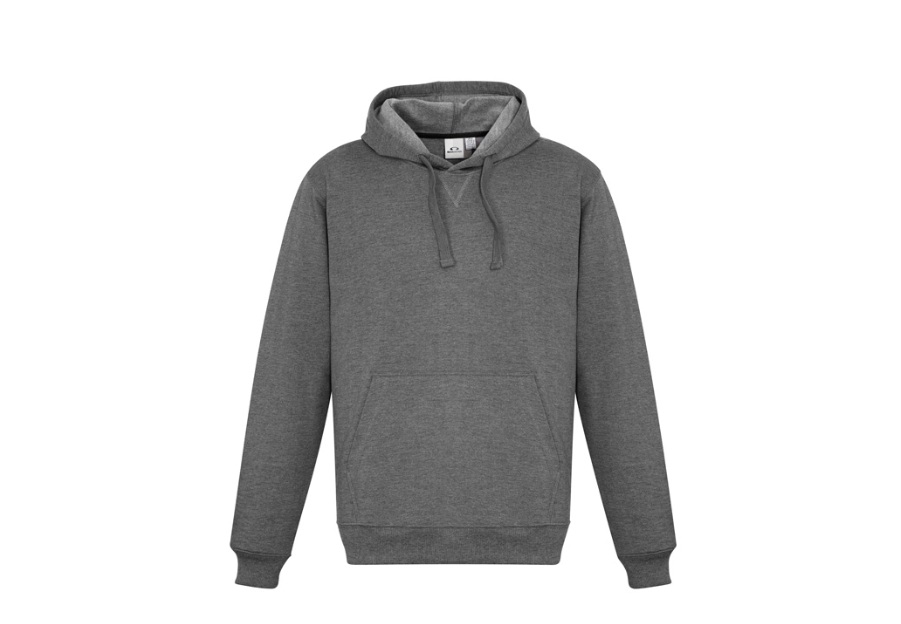 Hoodies & Sweaters
Hoodies & Sweaters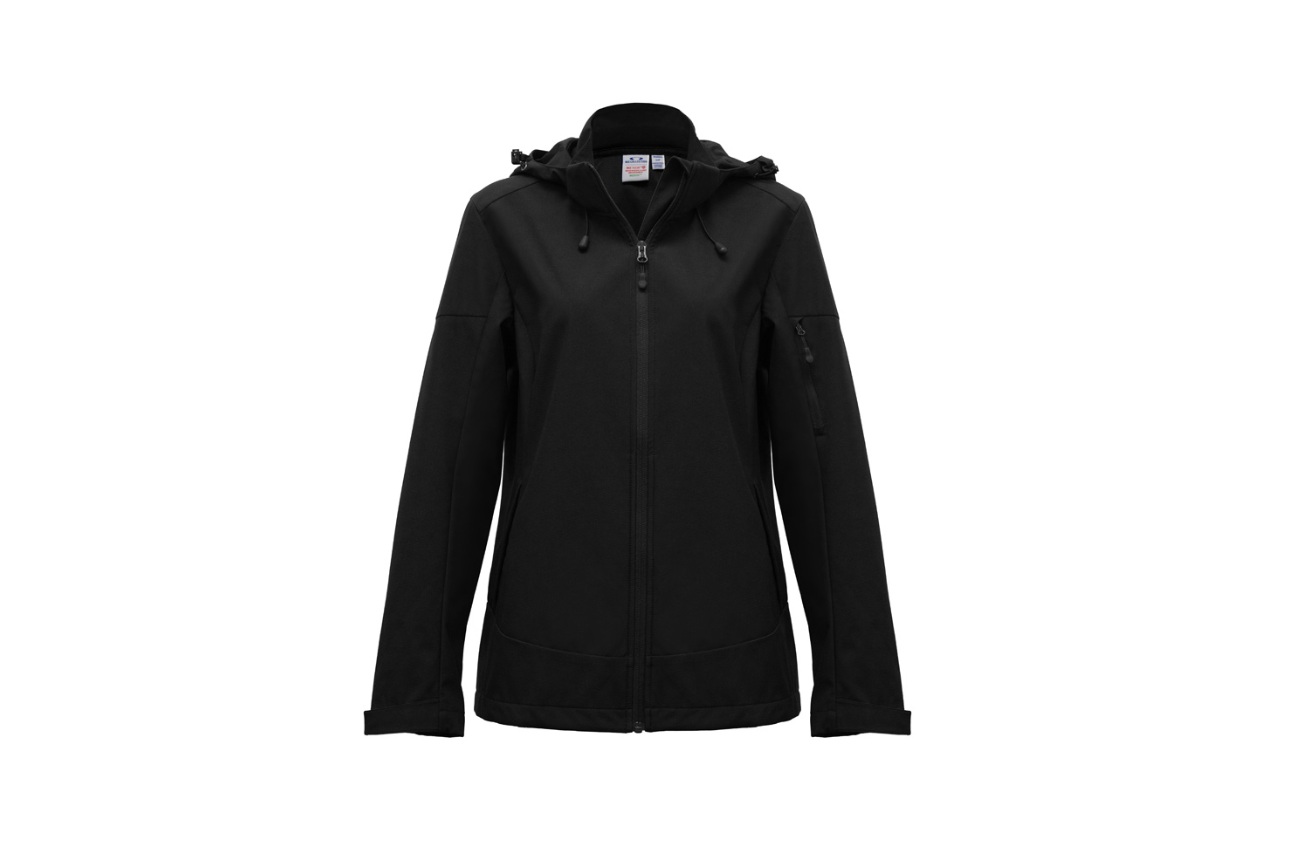 Jackets
Jackets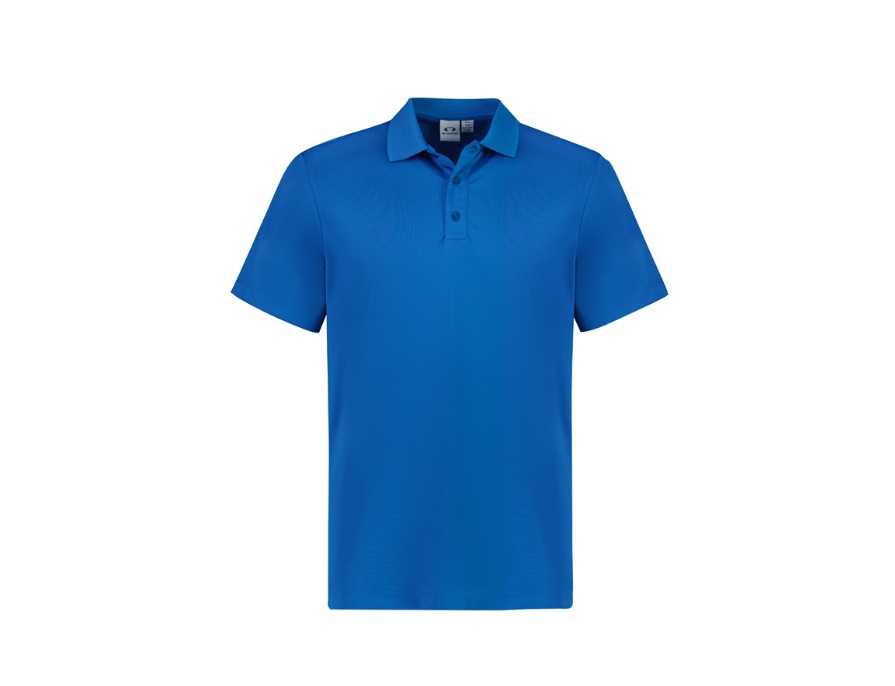 Kids' Clothes
Kids' Clothes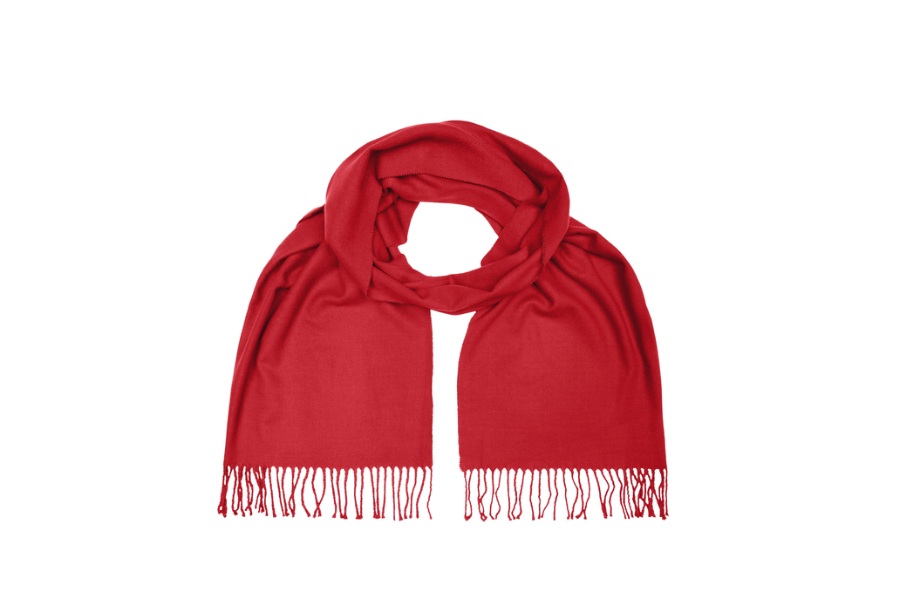 Other Apparel
Other Apparel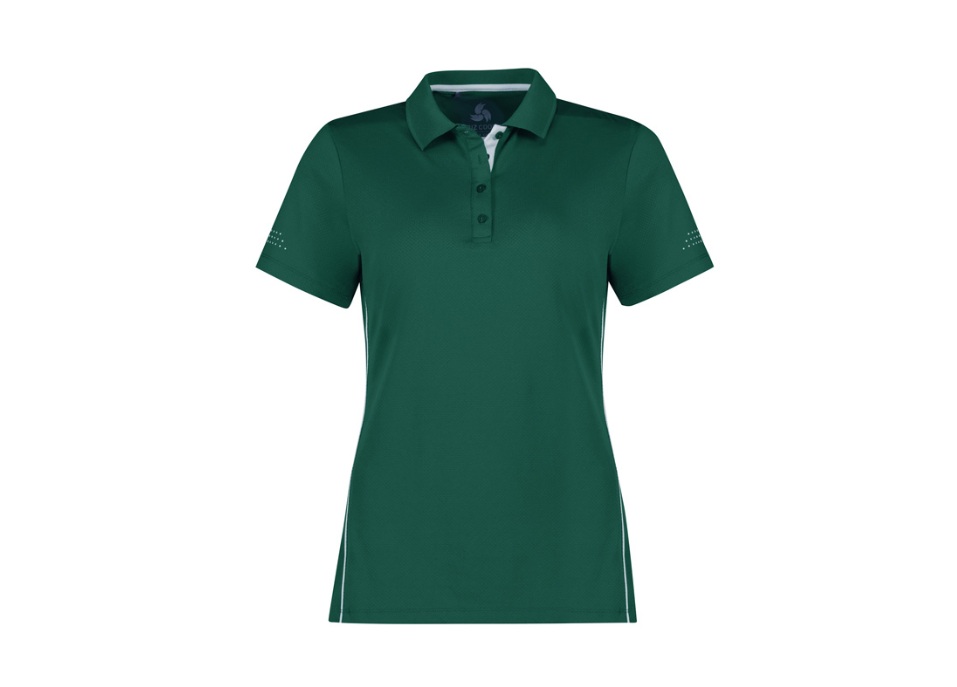 Polo Shirts
Polo Shirts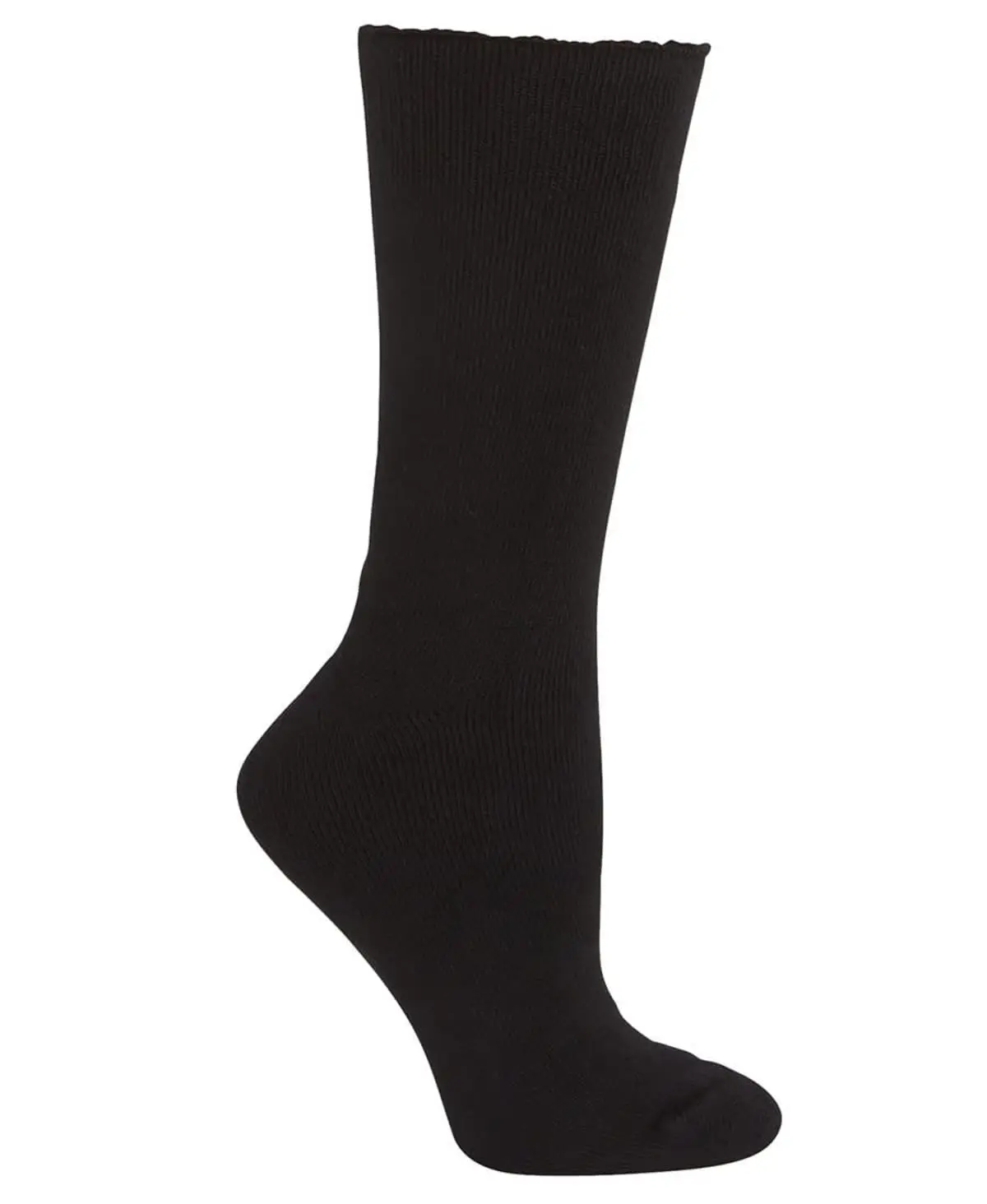 Socks
Socks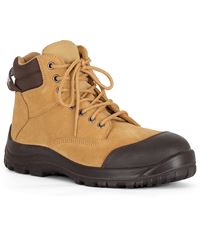 Shoes
Shoes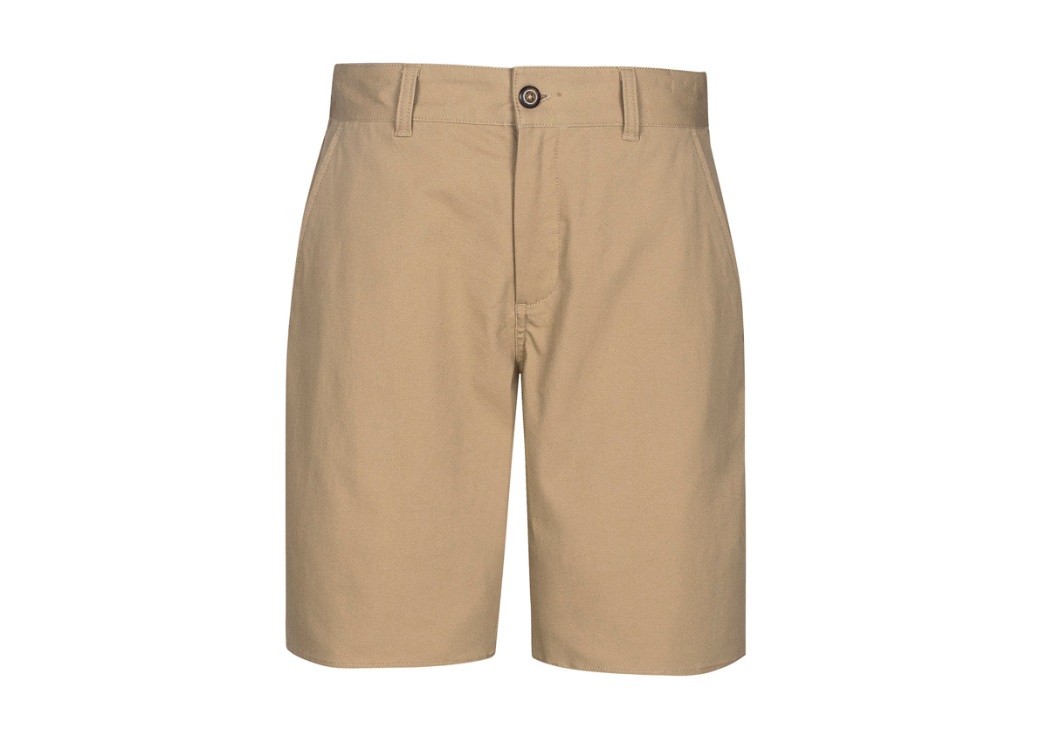 Sports Bottoms
Sports Bottoms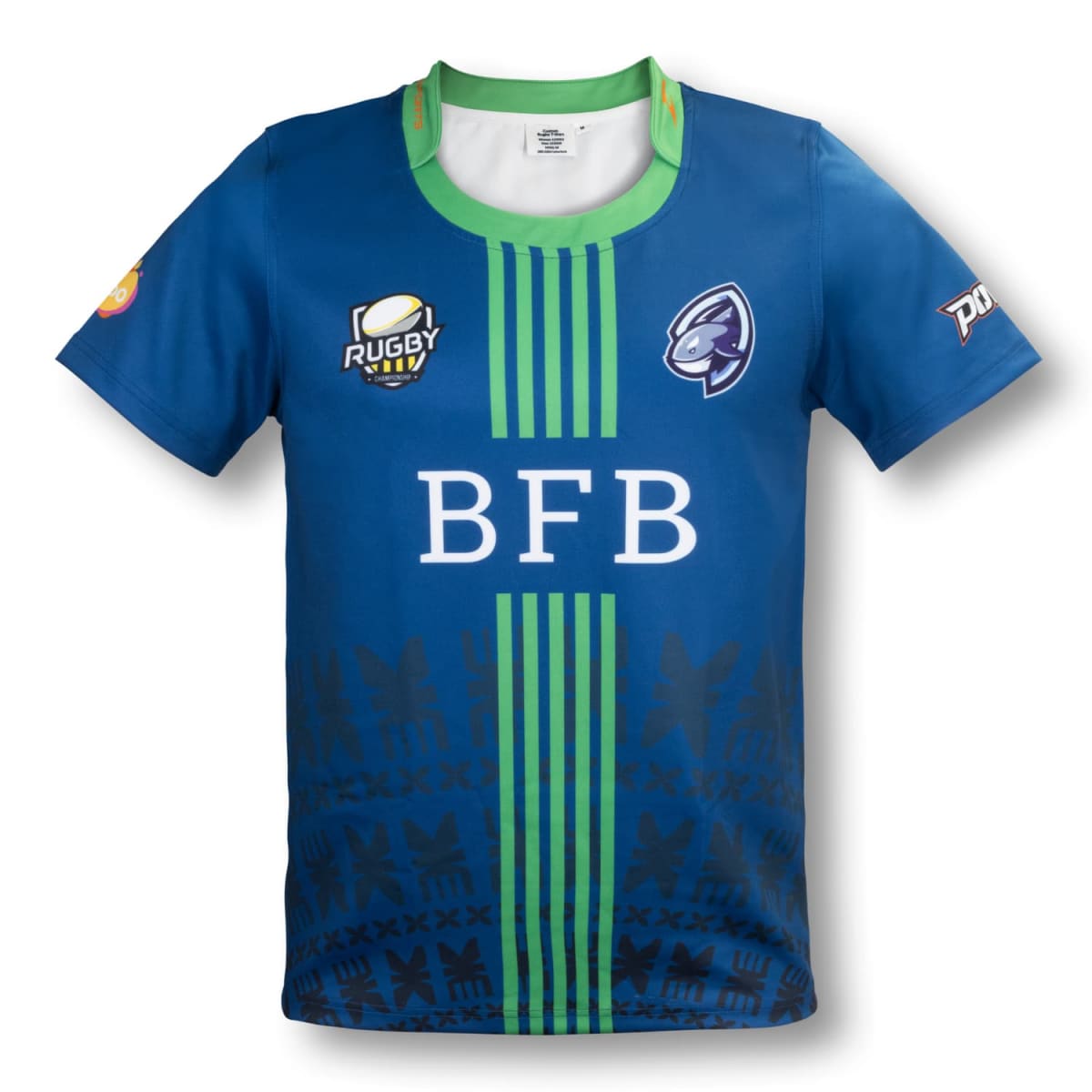 Sports Uniforms
Sports Uniforms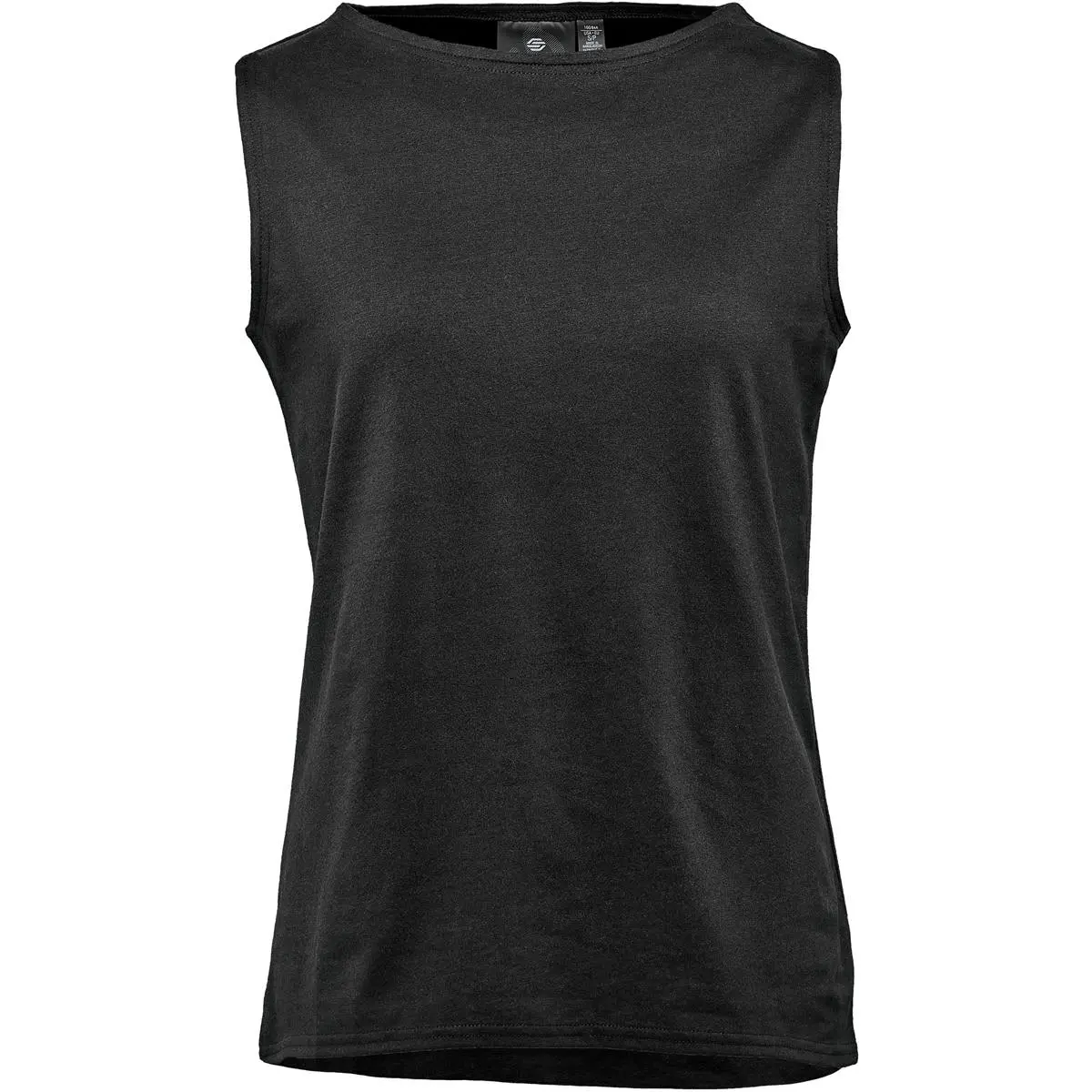 Singlets
Singlets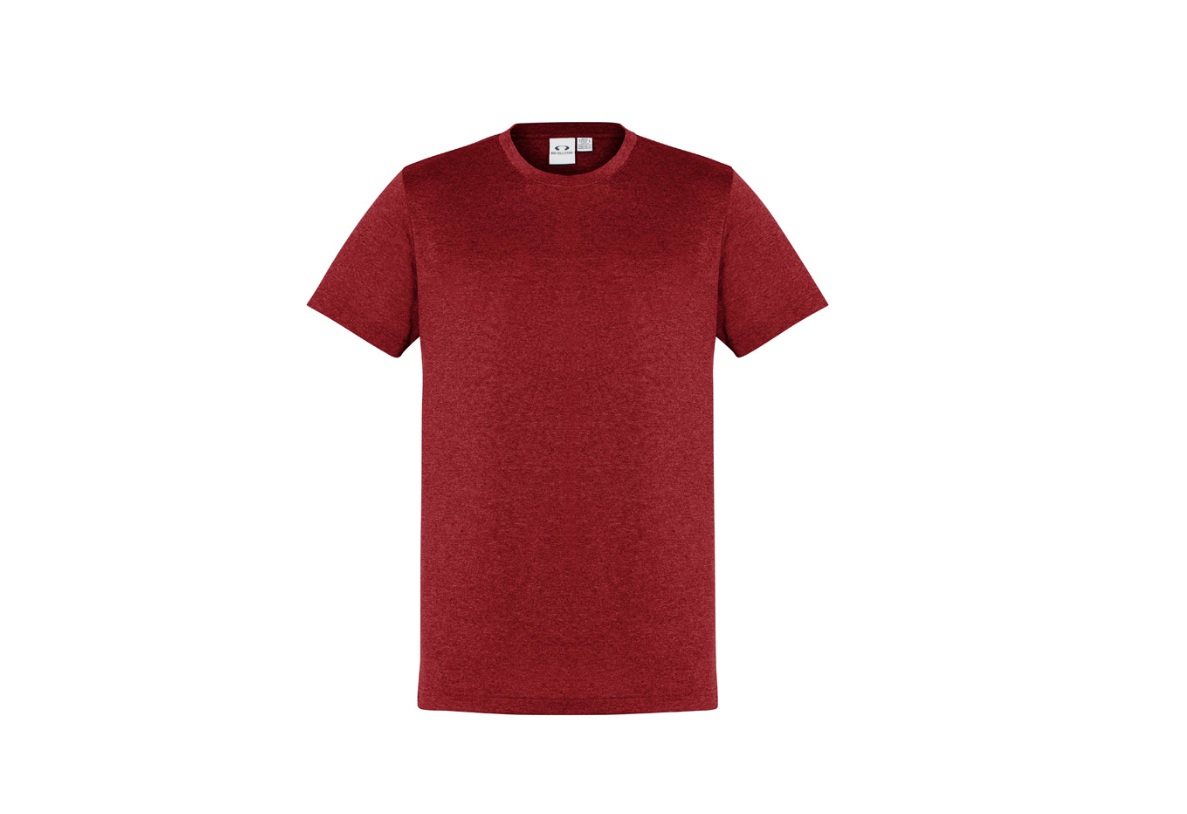 Tee Shirts
Tee Shirts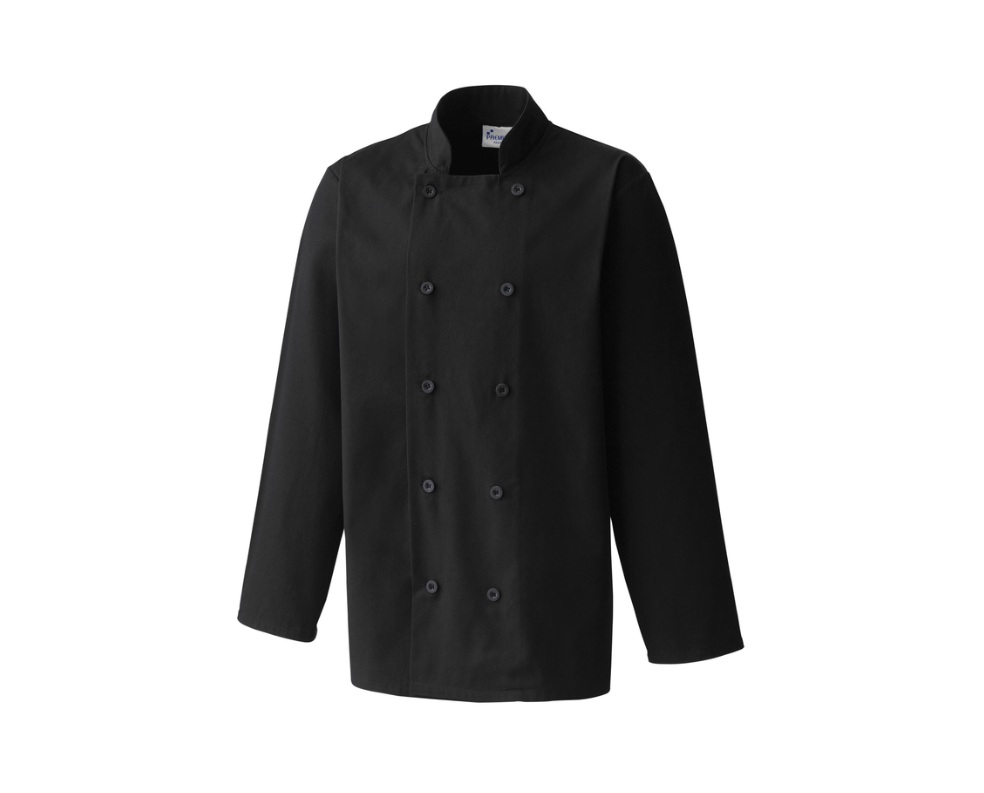 Workwear
Workwear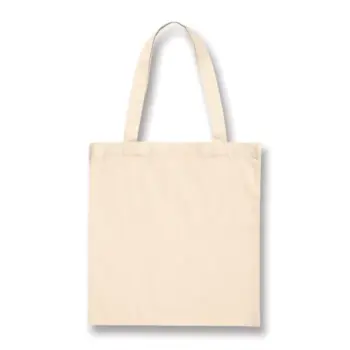
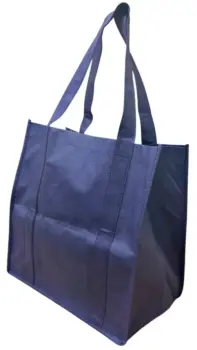
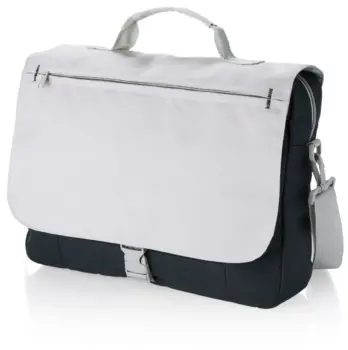
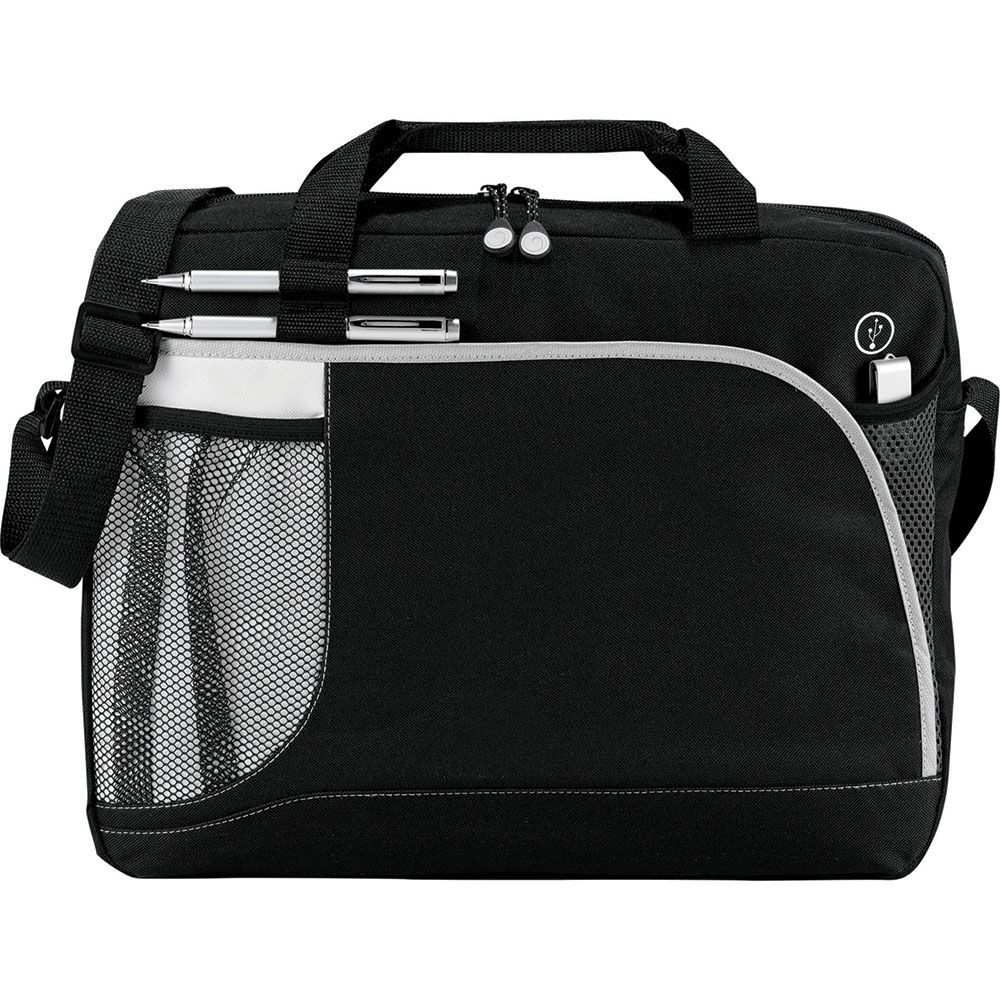 Briefcases
Briefcases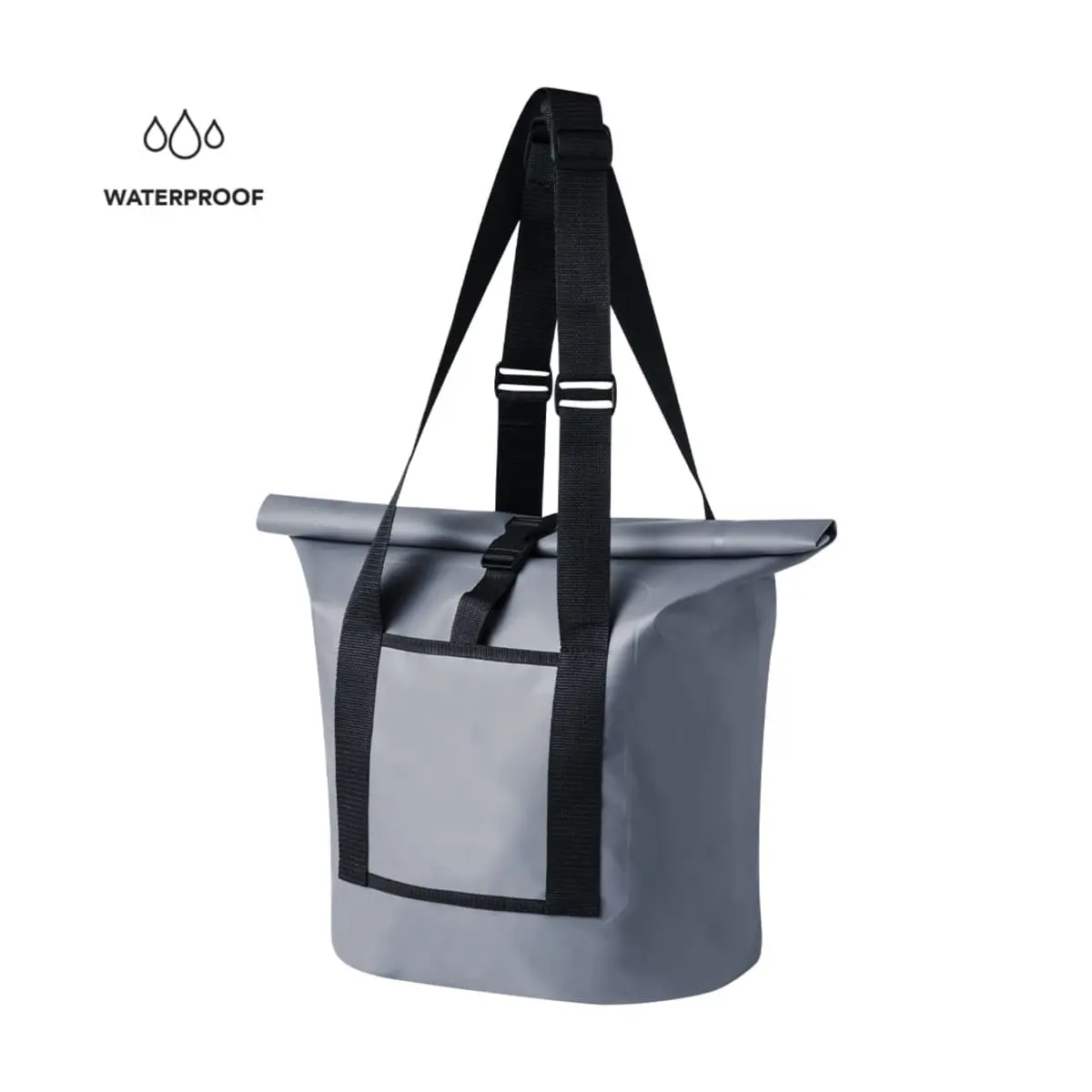 Dry Bags
Dry Bags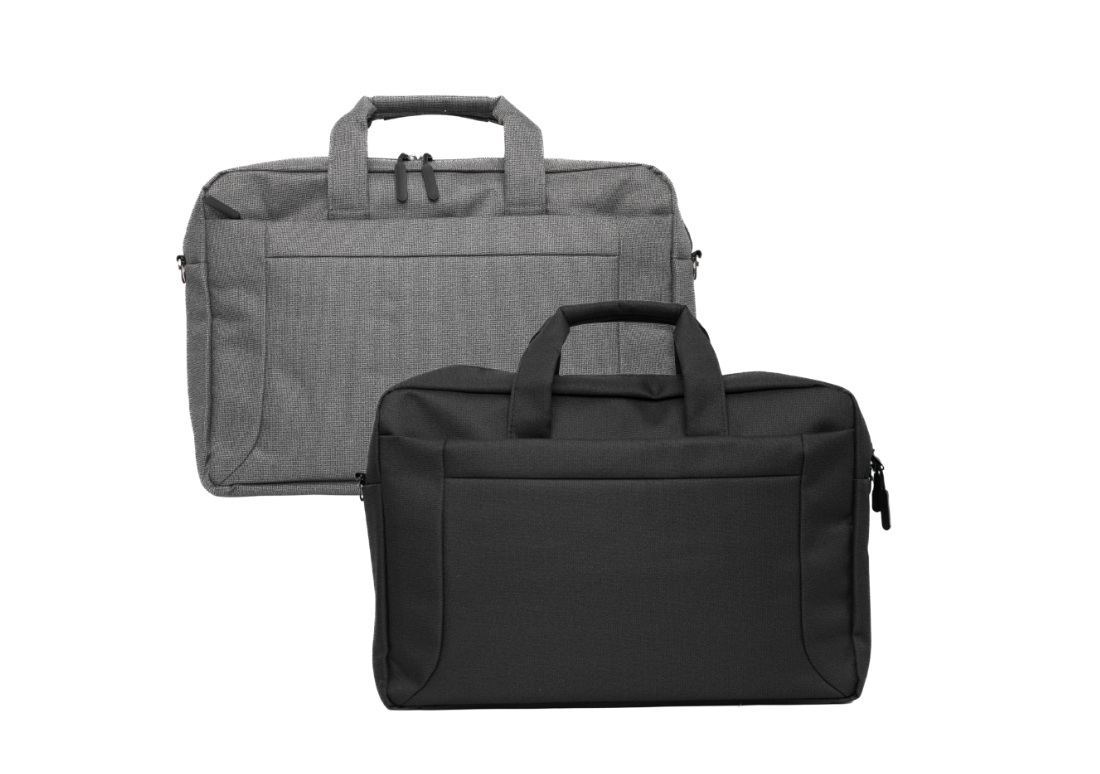 Laptop
Laptop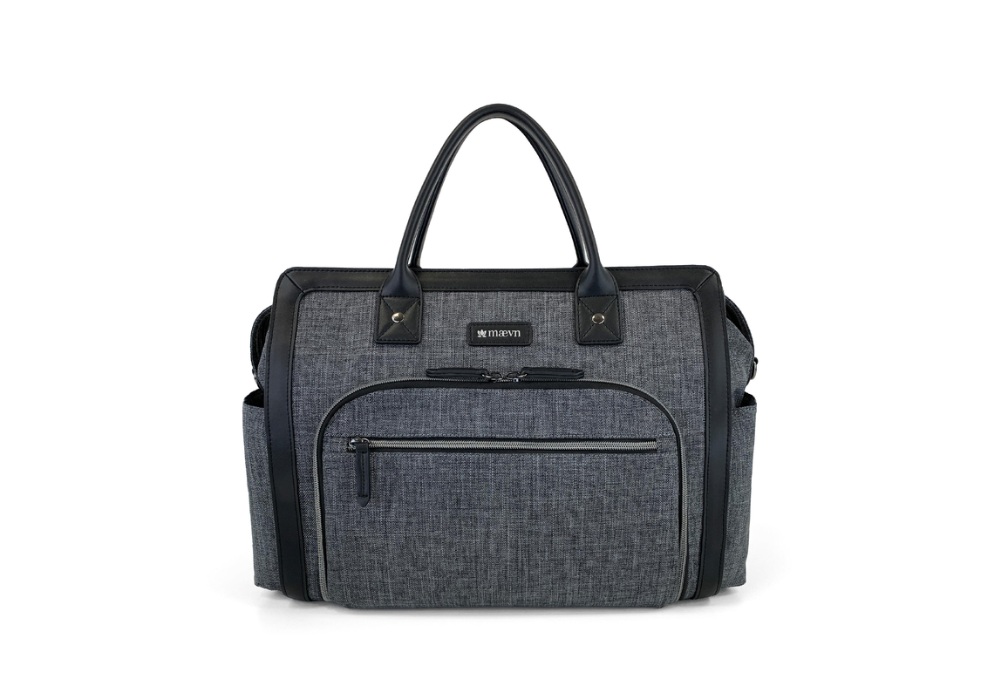 Satchels
Satchels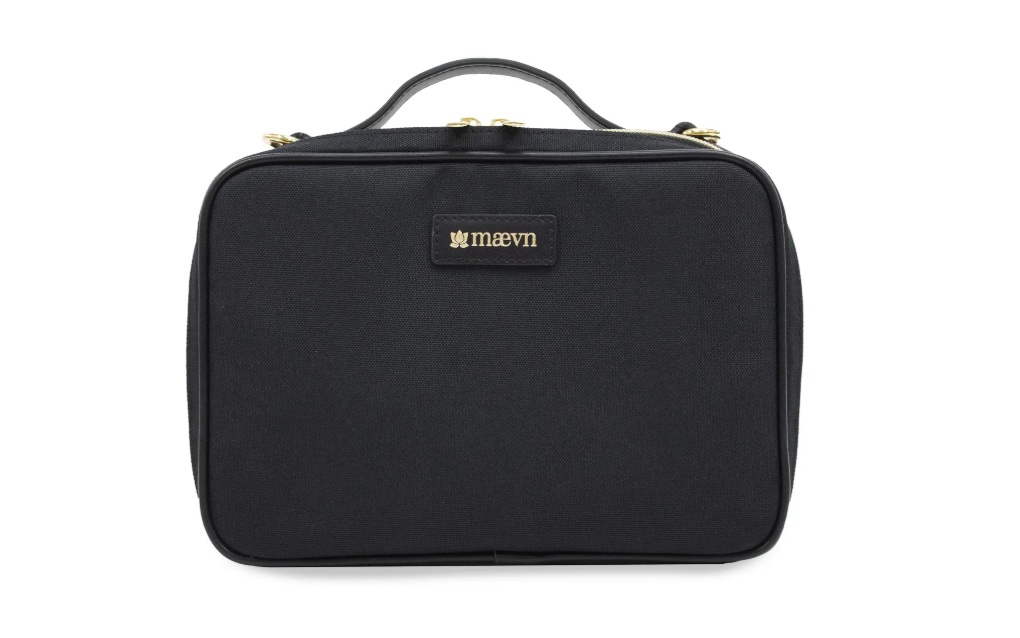 Specialised Bags
Specialised Bags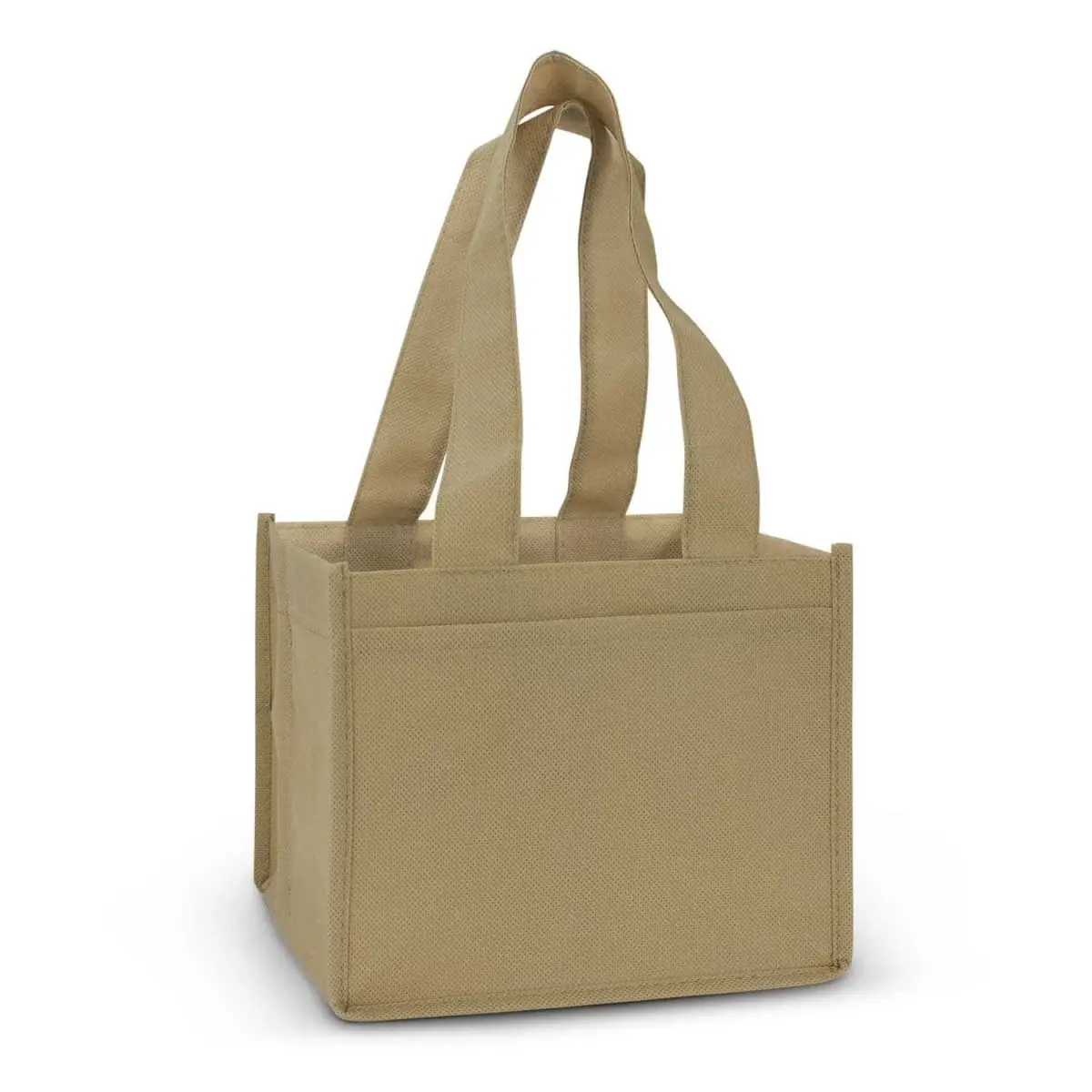 Tote Bags
Tote Bags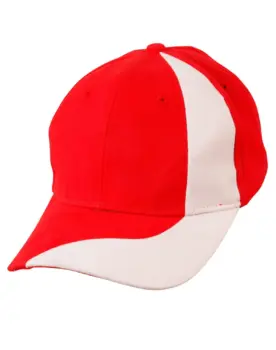
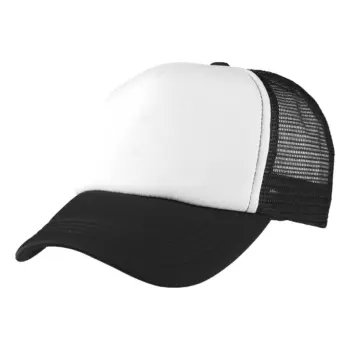
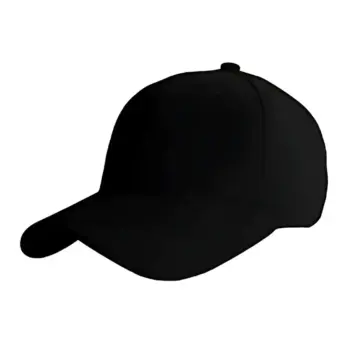
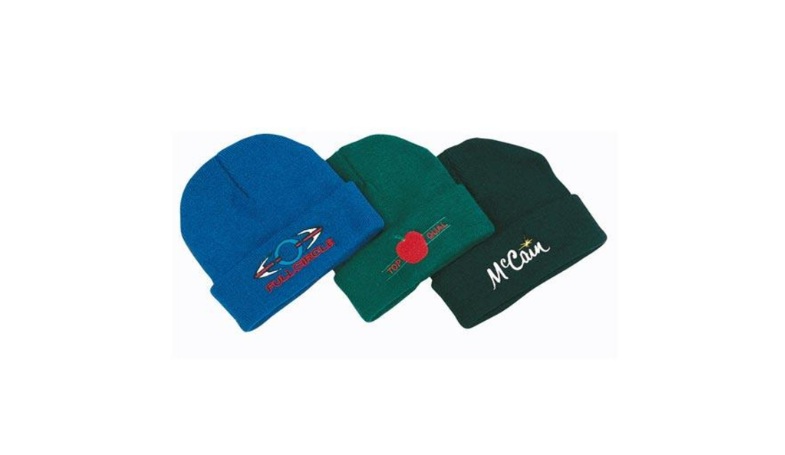 Beanies
Beanies Caps
Caps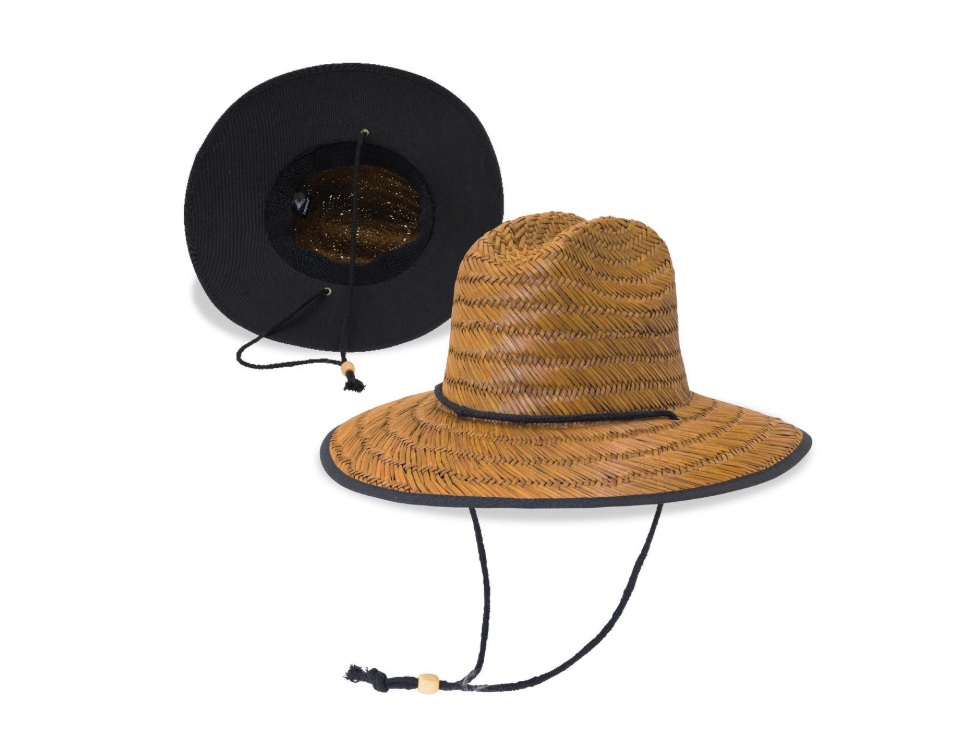 Straw Hats
Straw Hats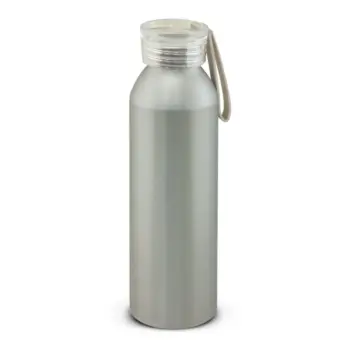
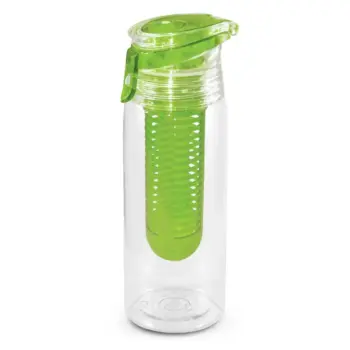
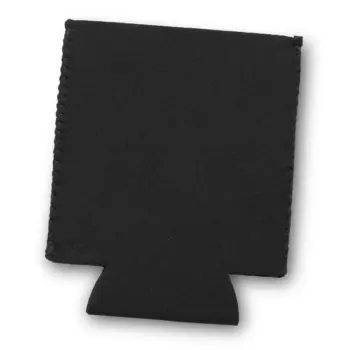
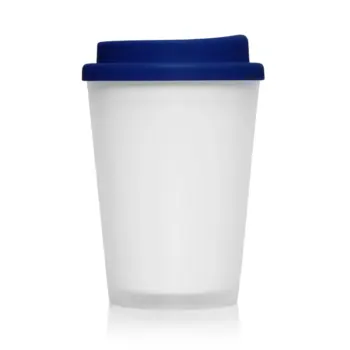
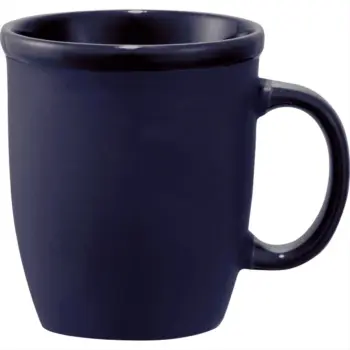
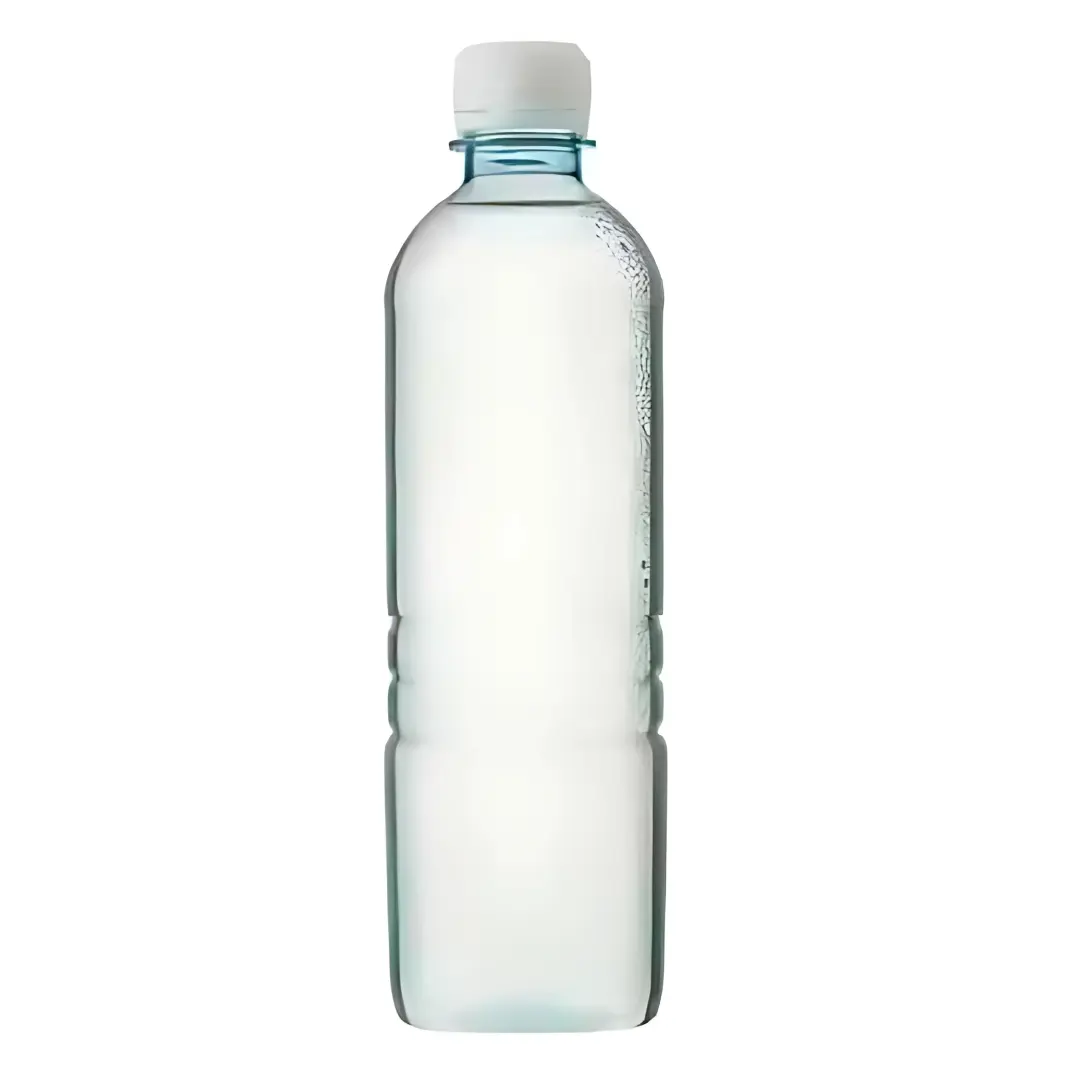 Bottled Water
Bottled Water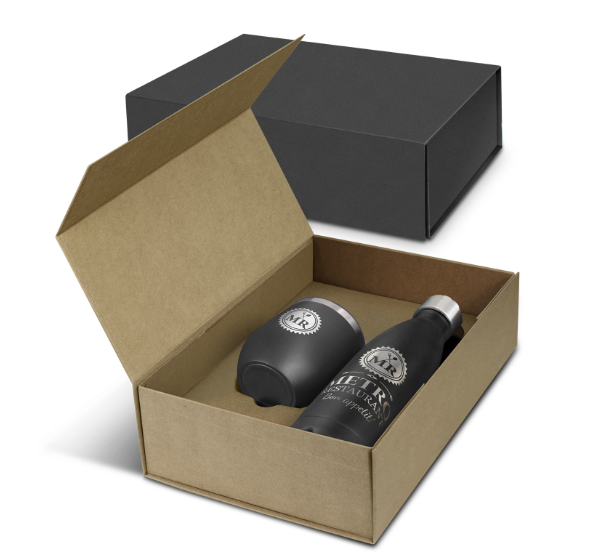 Drinkware Gift Sets
Drinkware Gift Sets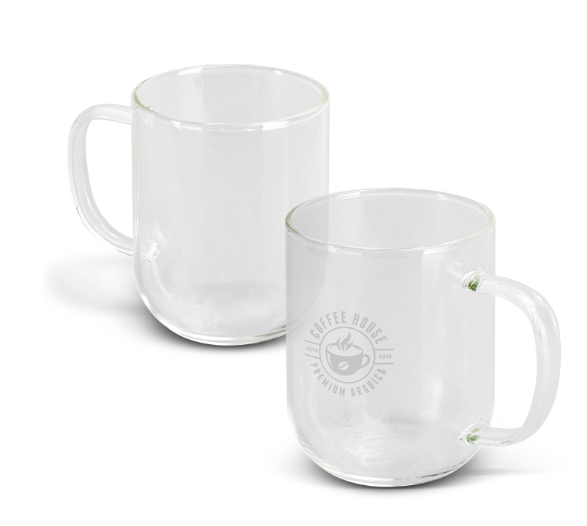 Glass & Poly Cups
Glass & Poly Cups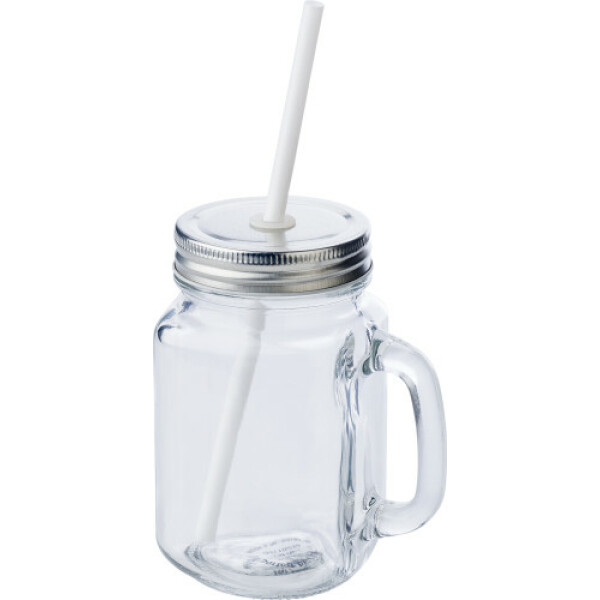 Mason Jars
Mason Jars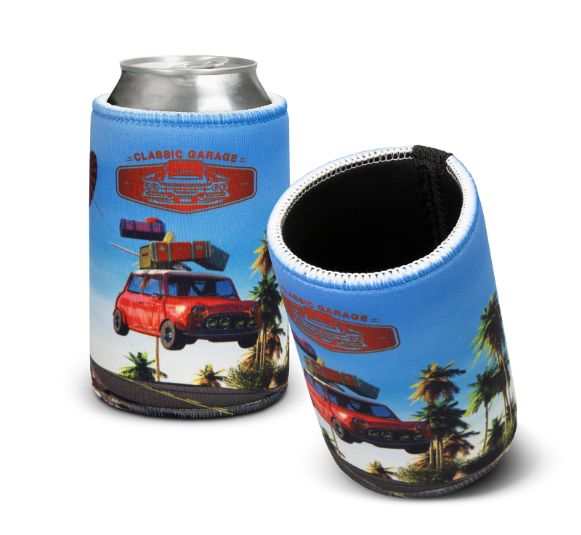 Stubby | Bar & Drinkware
Stubby | Bar & Drinkware Wines
Wines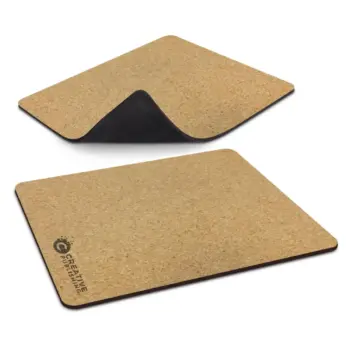


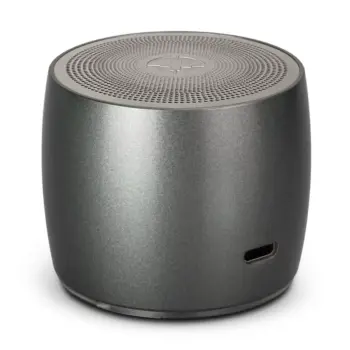
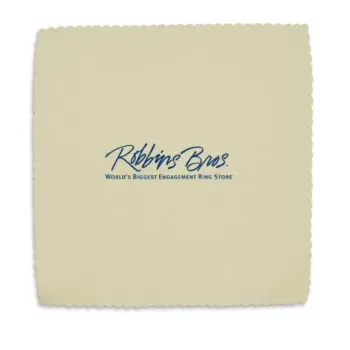
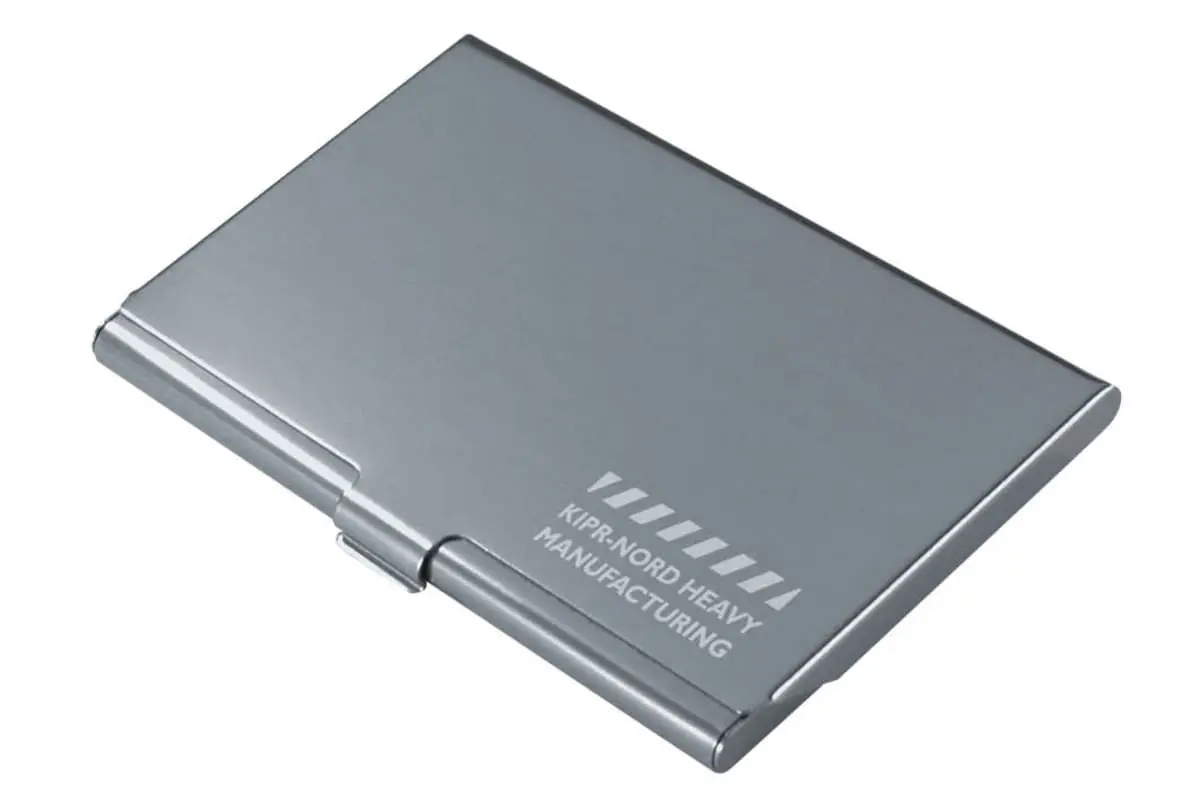 Business Card Holders
Business Card Holders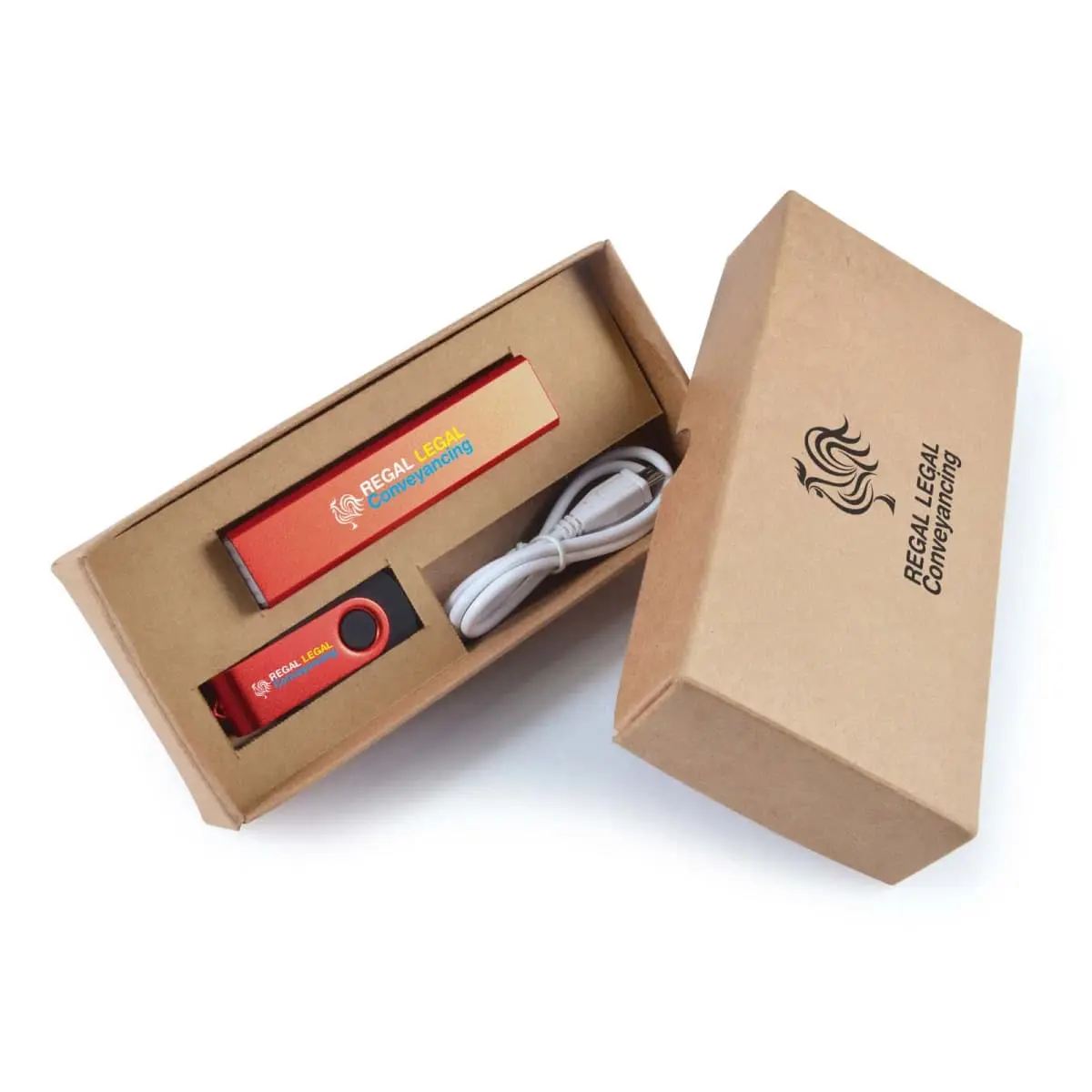 IT Gift Sets
IT Gift Sets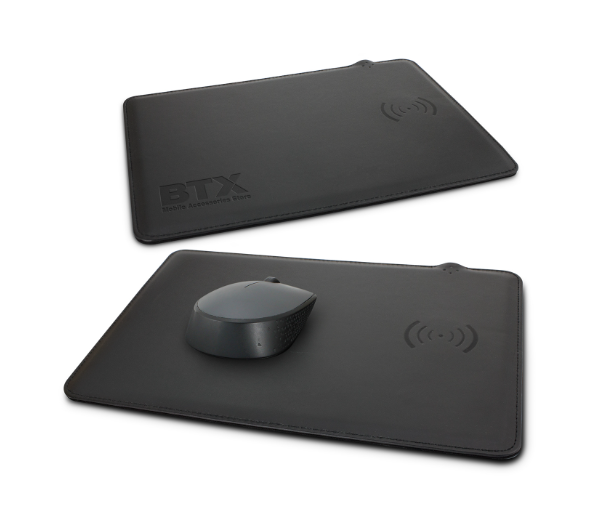 Tech Computers
Tech Computers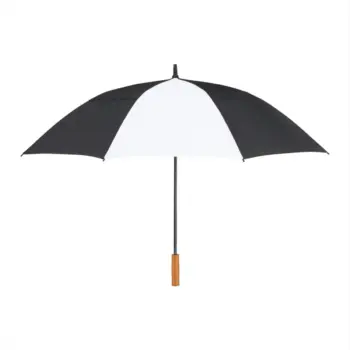
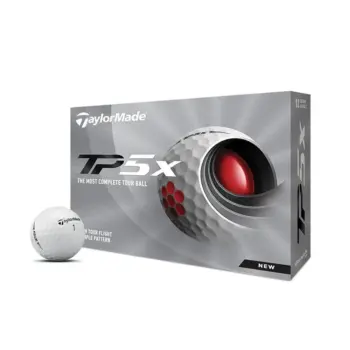
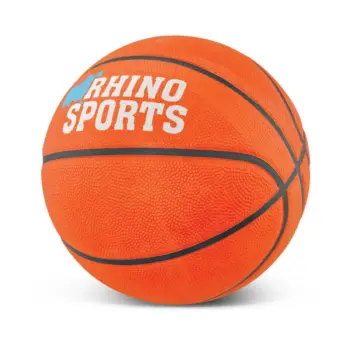
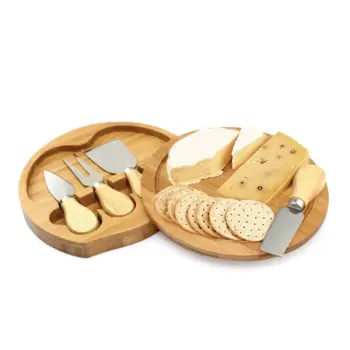
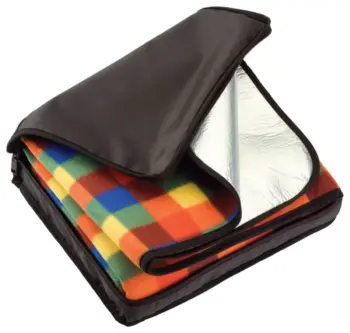
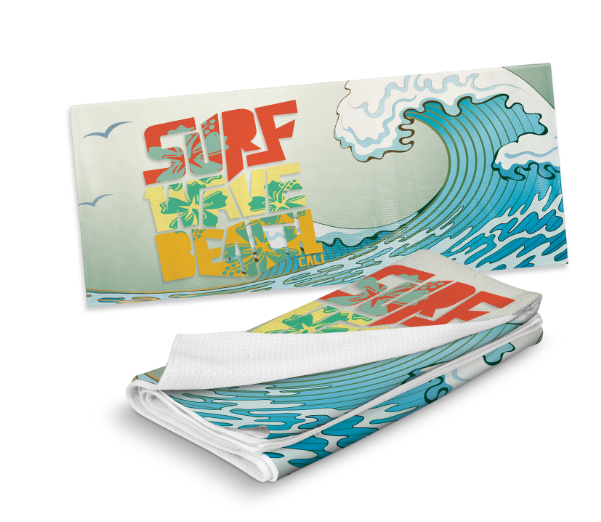 Beach Towels
Beach Towels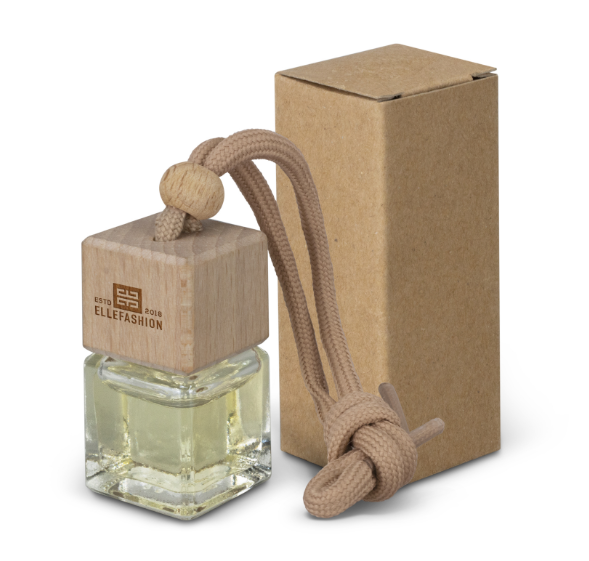 Car Accessories
Car Accessories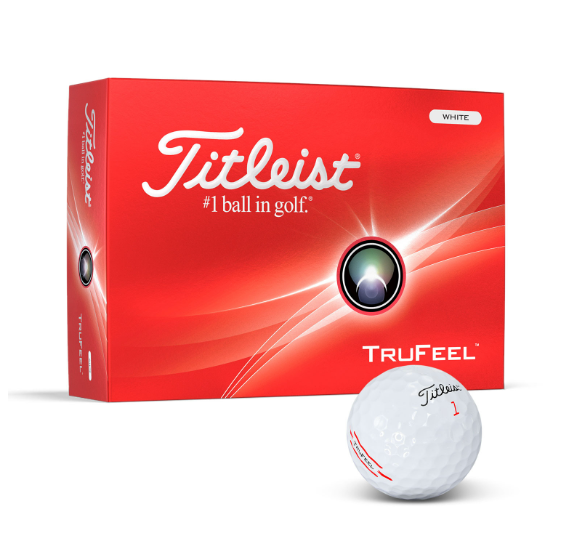 Golf
Golf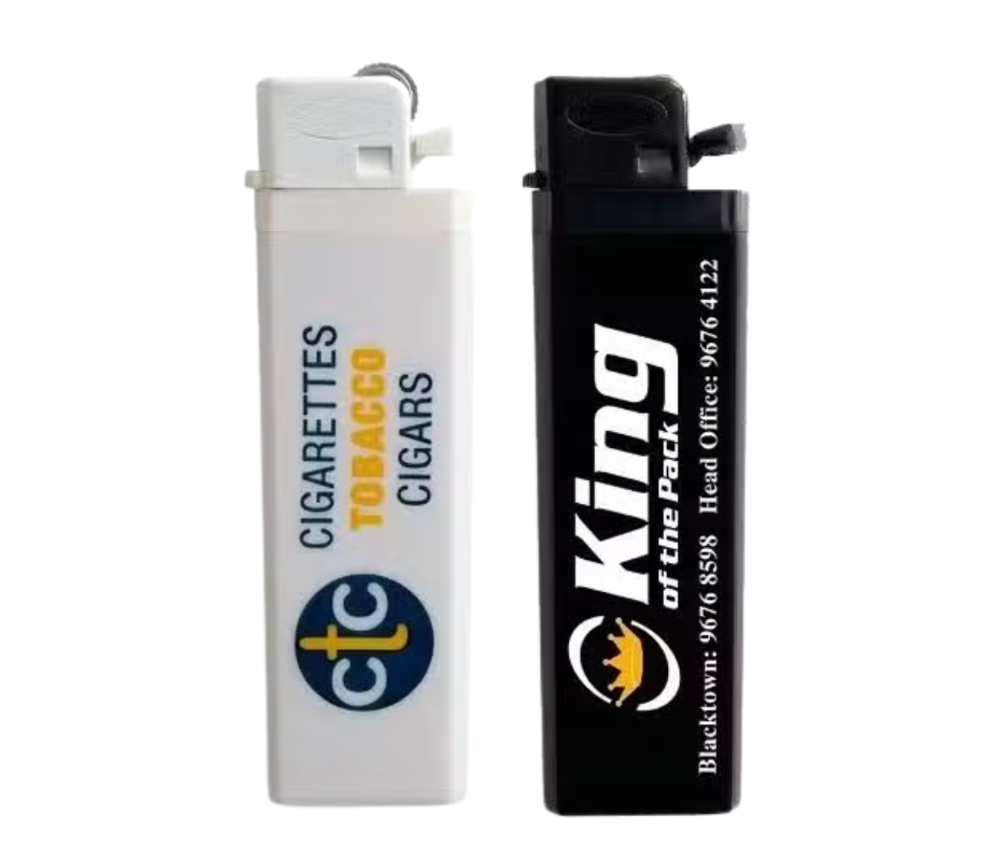 Lighters
Lighters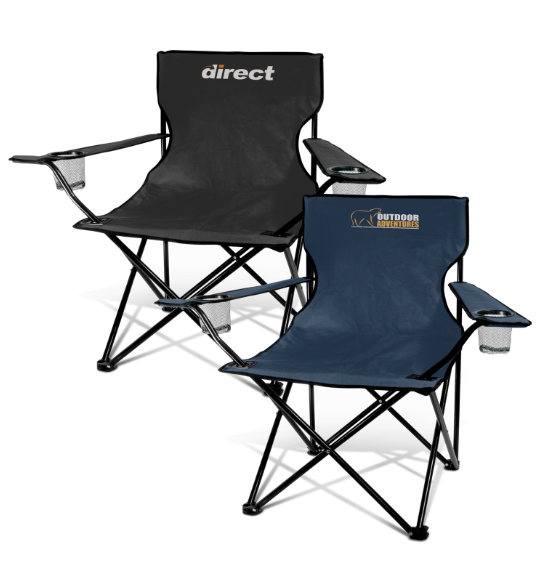 Picnic Gear
Picnic Gear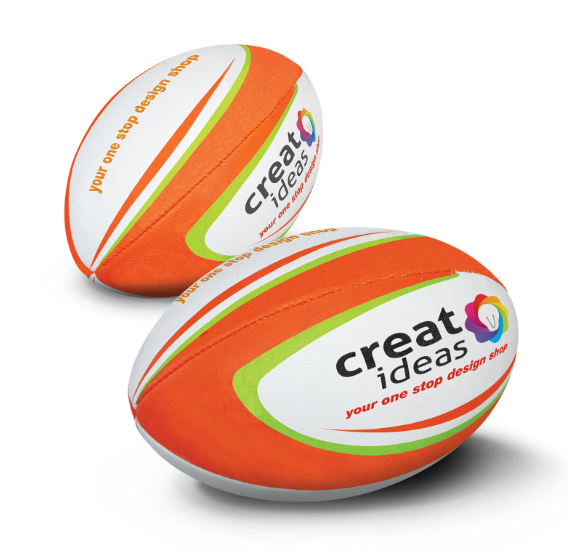 Sports Items
Sports Items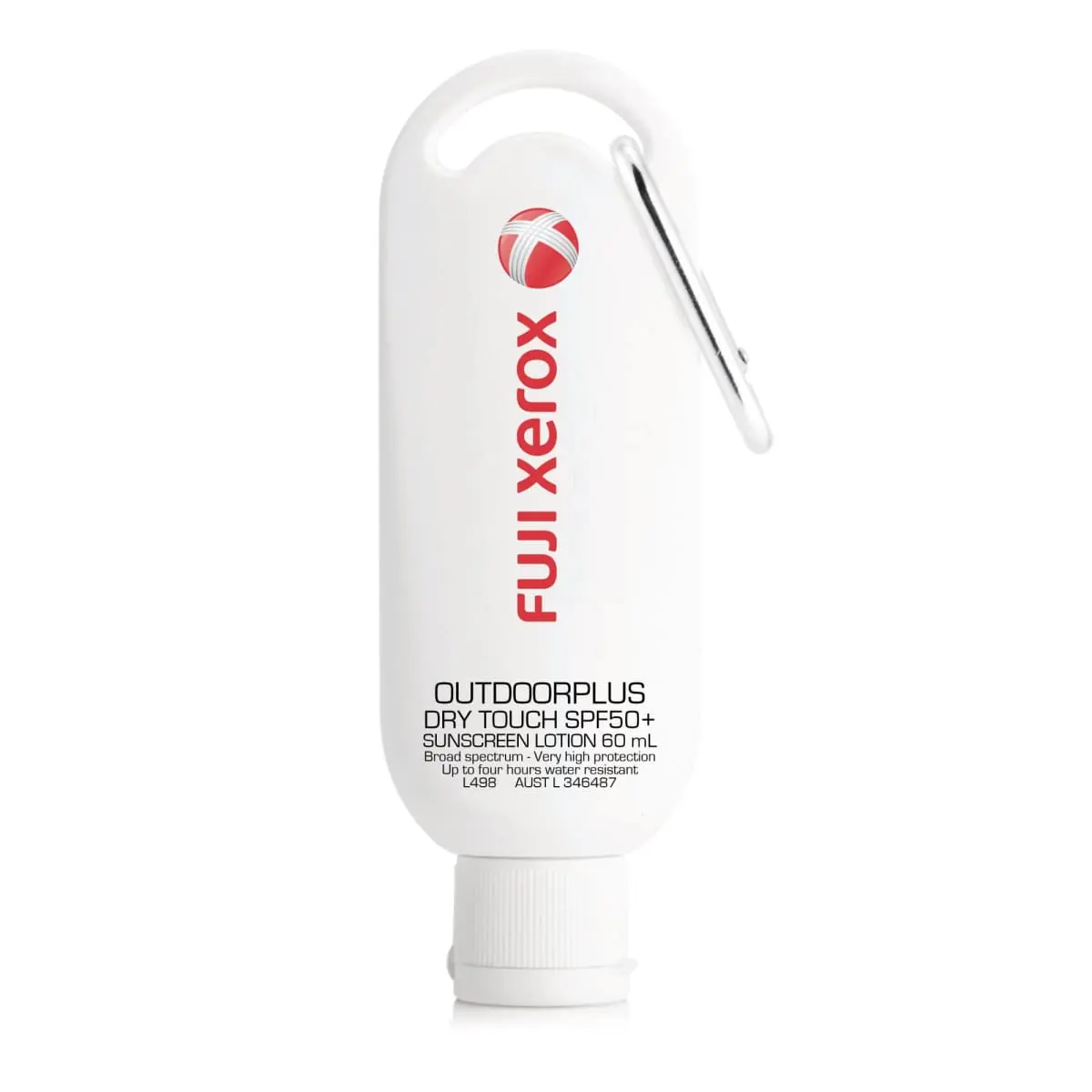 Sunscreens
Sunscreens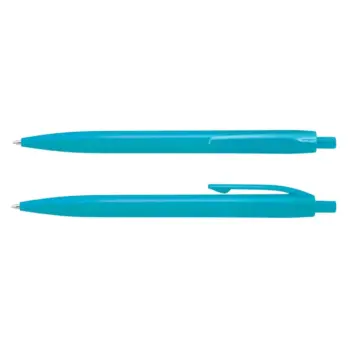
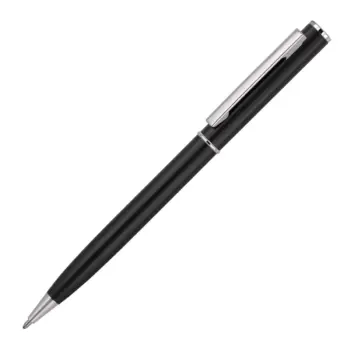
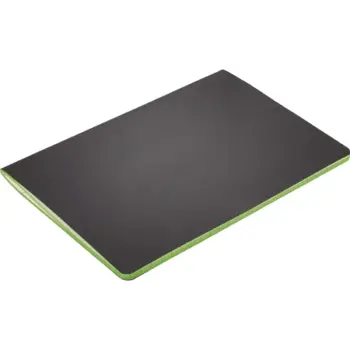
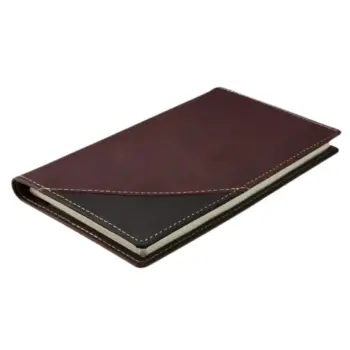
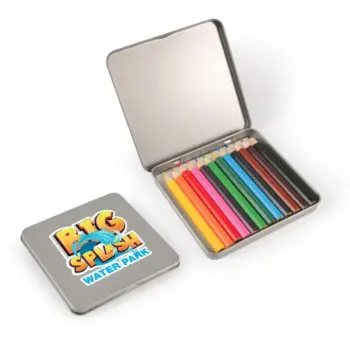
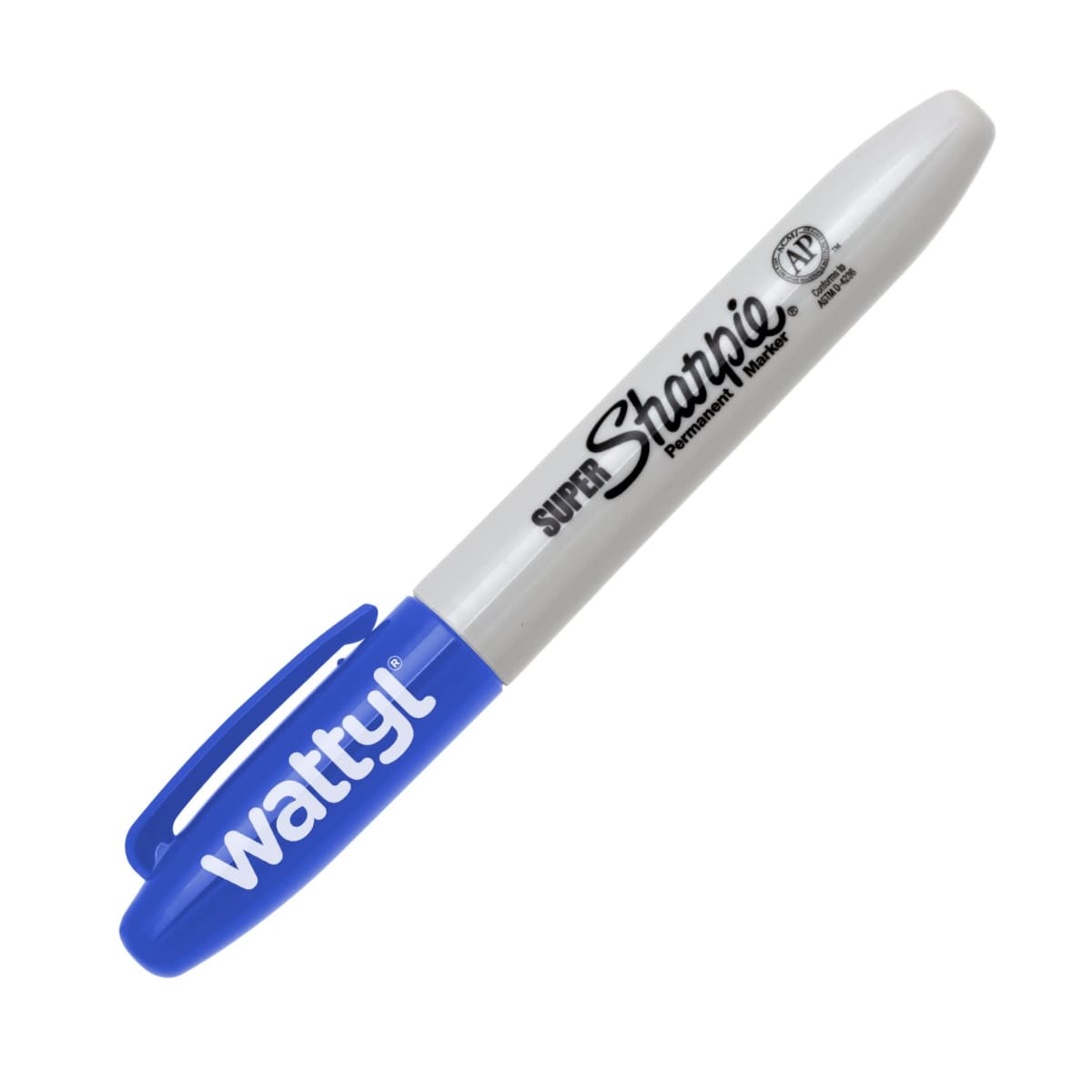 Markers
Markers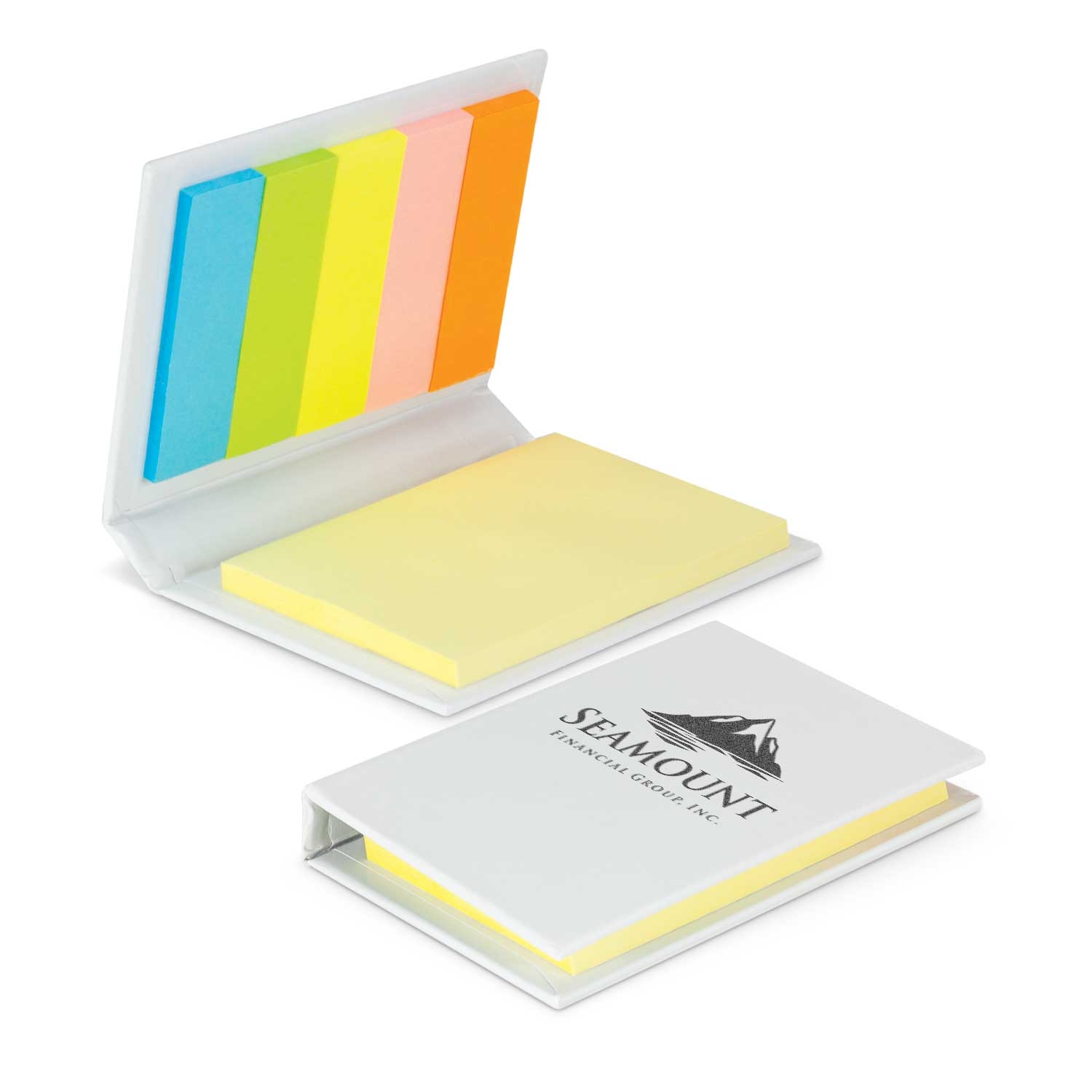 Post-It & Sticky Notes
Post-It & Sticky Notes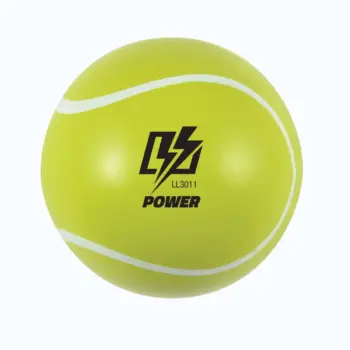


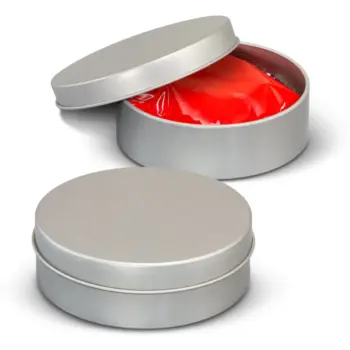
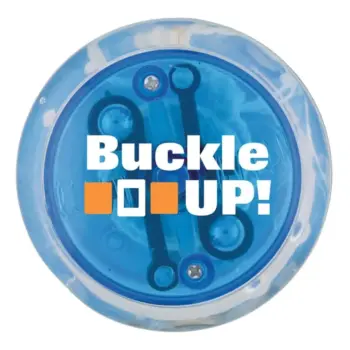
 Card Decks
Card Decks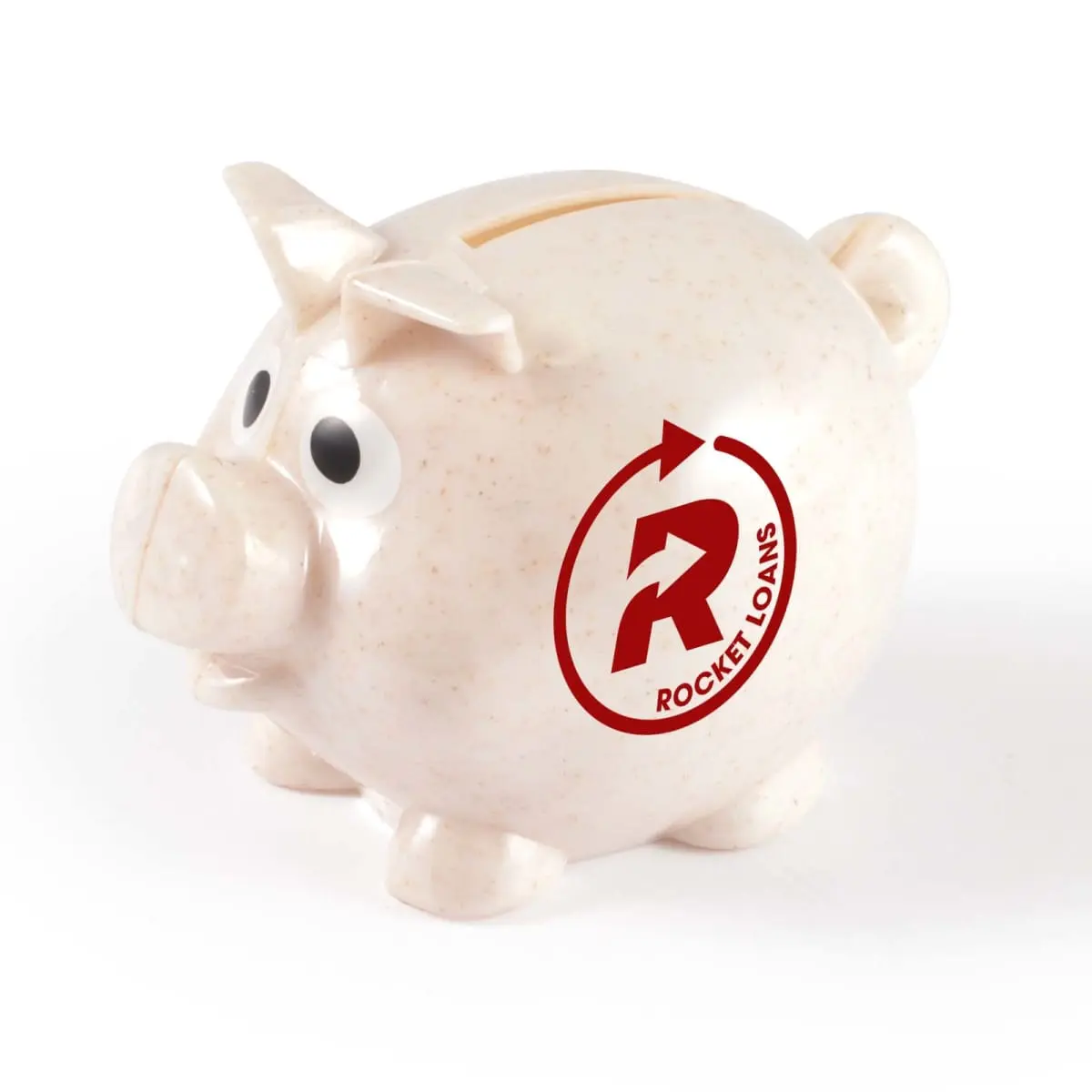 Coin Banks
Coin Banks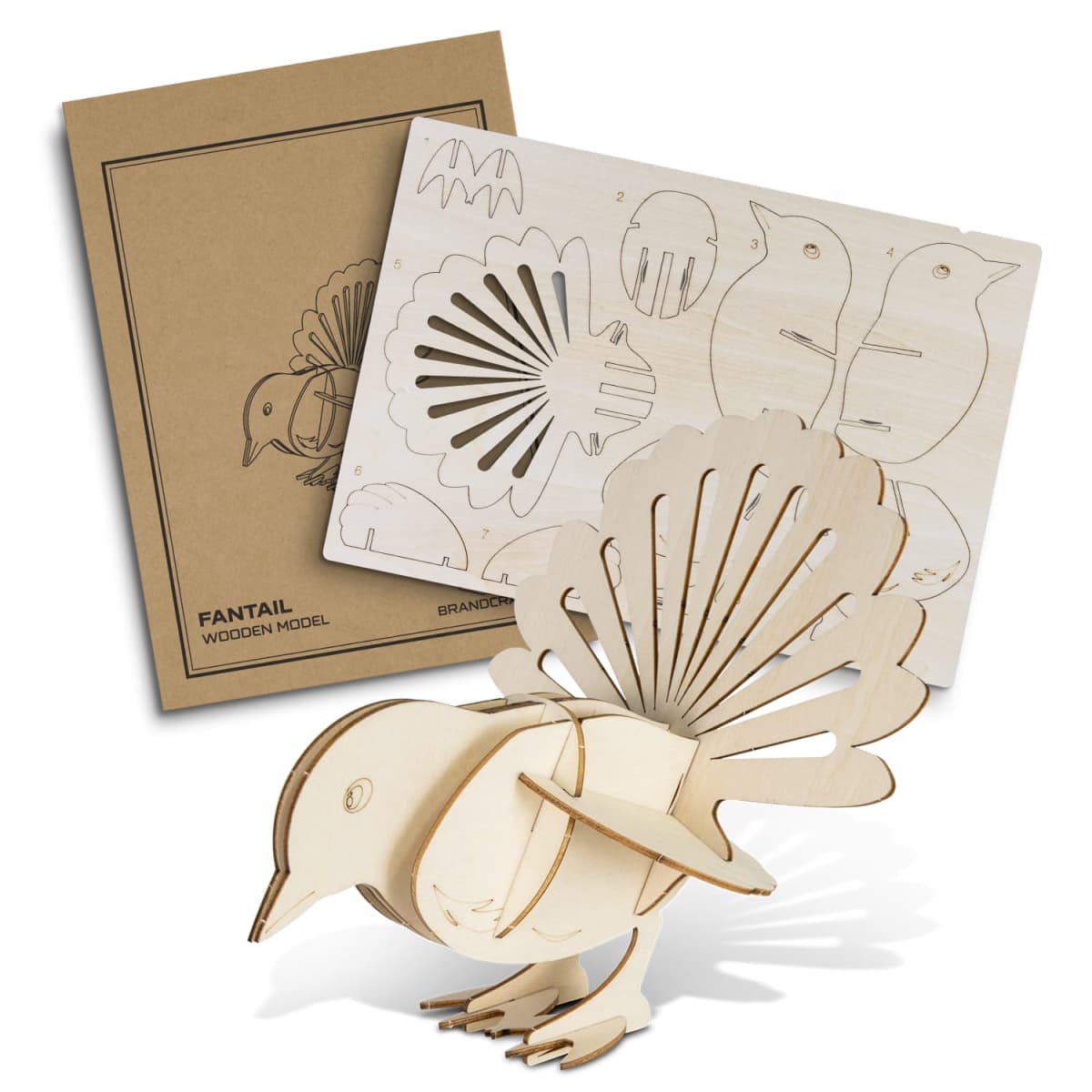 Conference Toys
Conference Toys Event Toys
Event Toys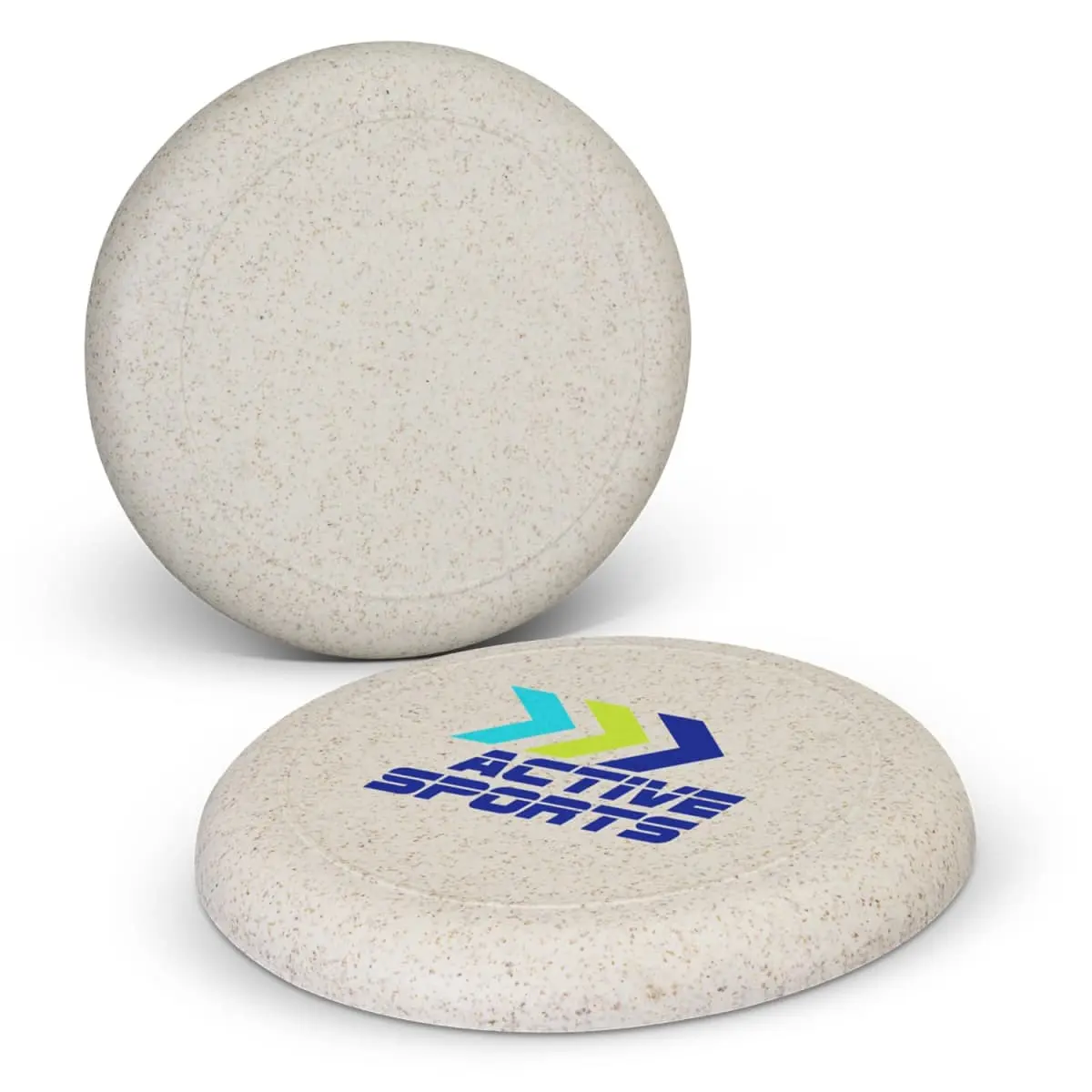 Frisbees
Frisbees Games & Puzzles
Games & Puzzles Kids
Kids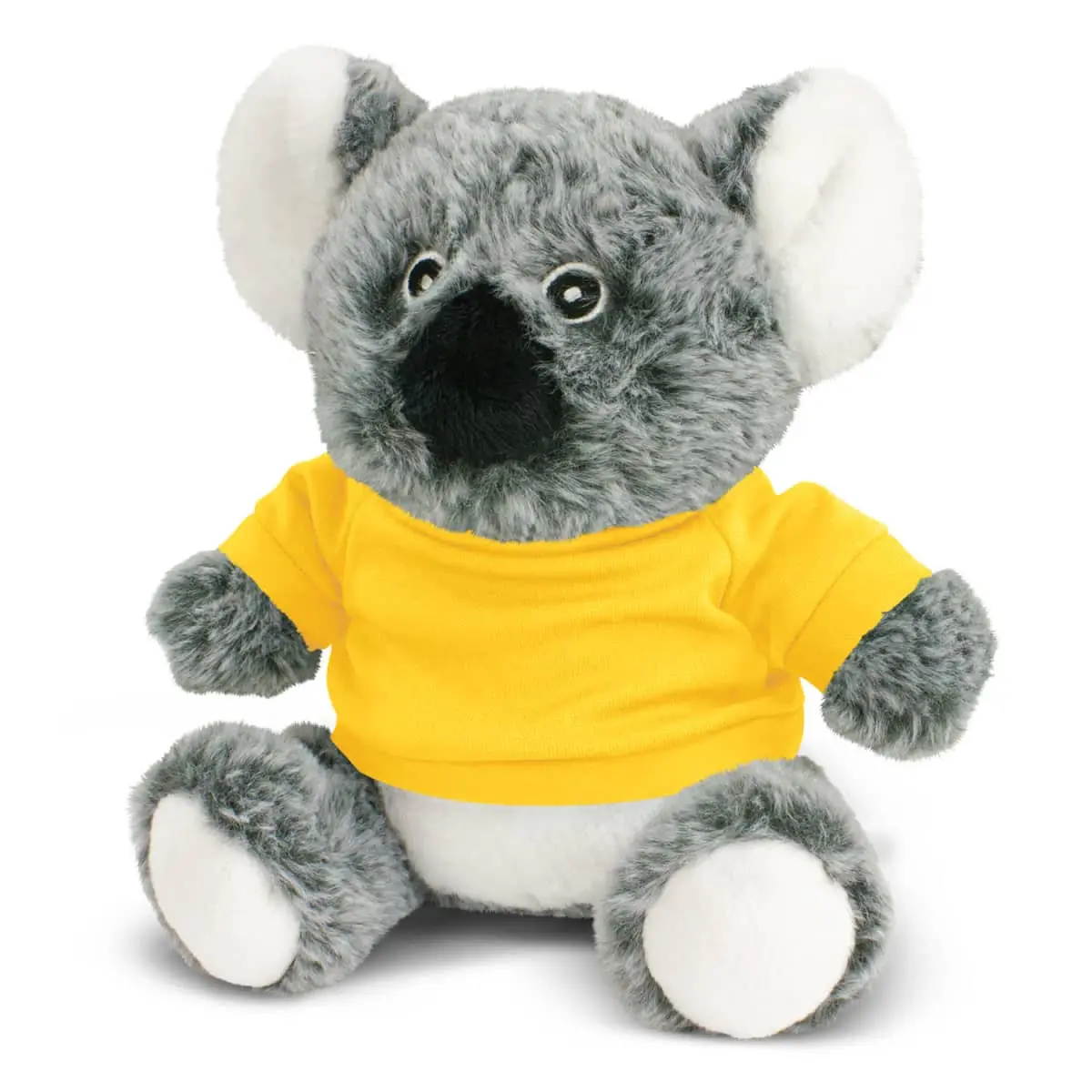 Plush Toys
Plush Toys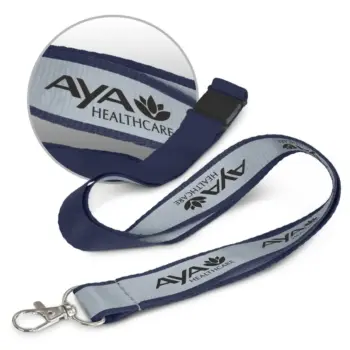
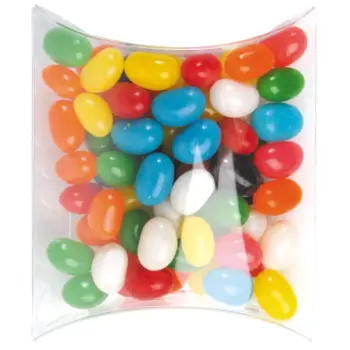
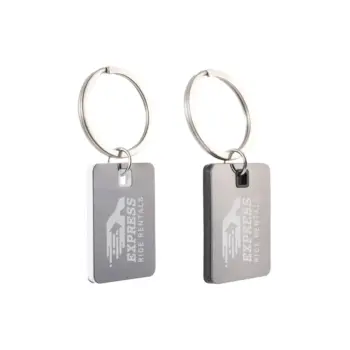


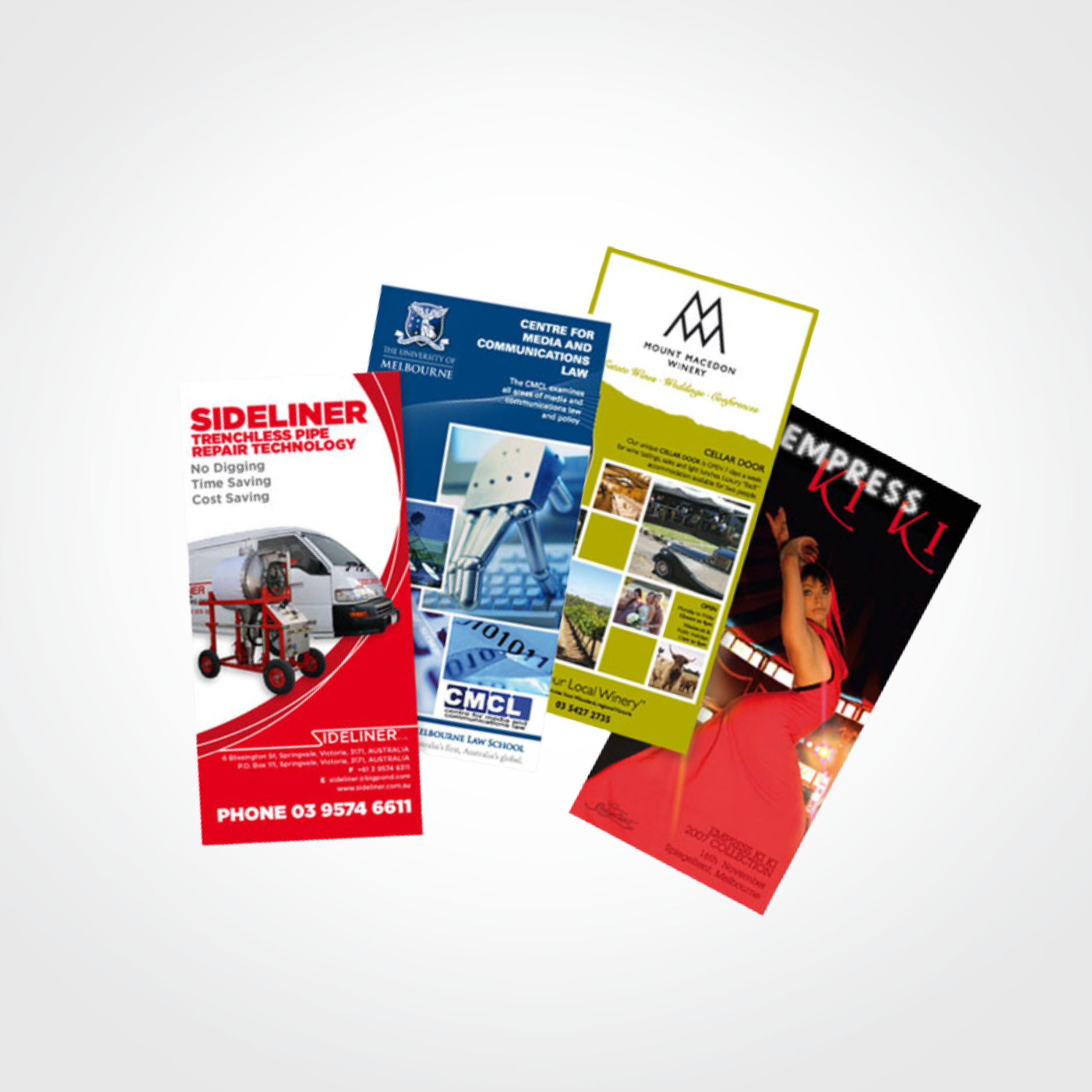 Print | Signage
Print | Signage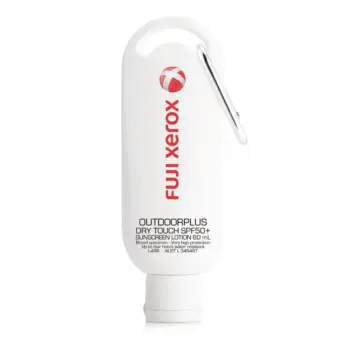
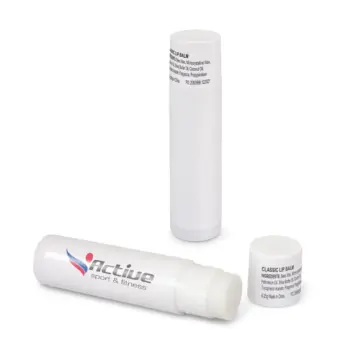
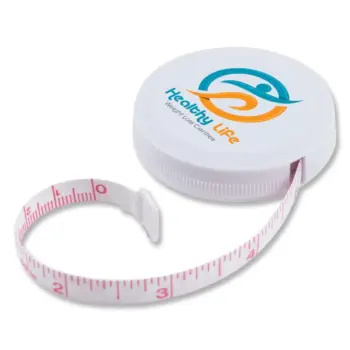
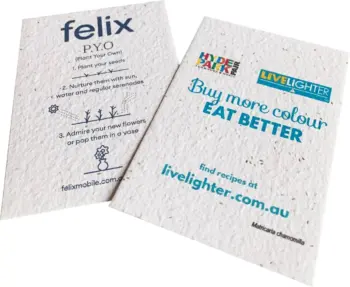
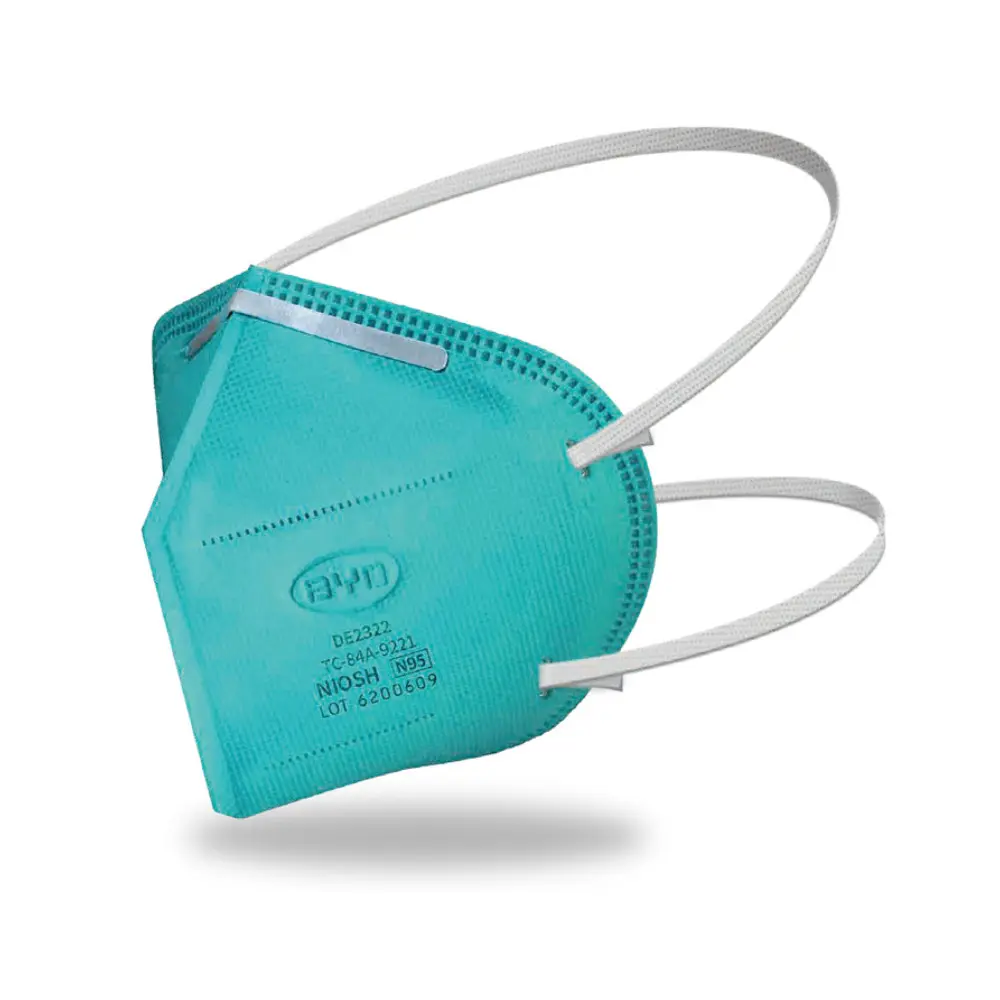 Antibacterial
Antibacterial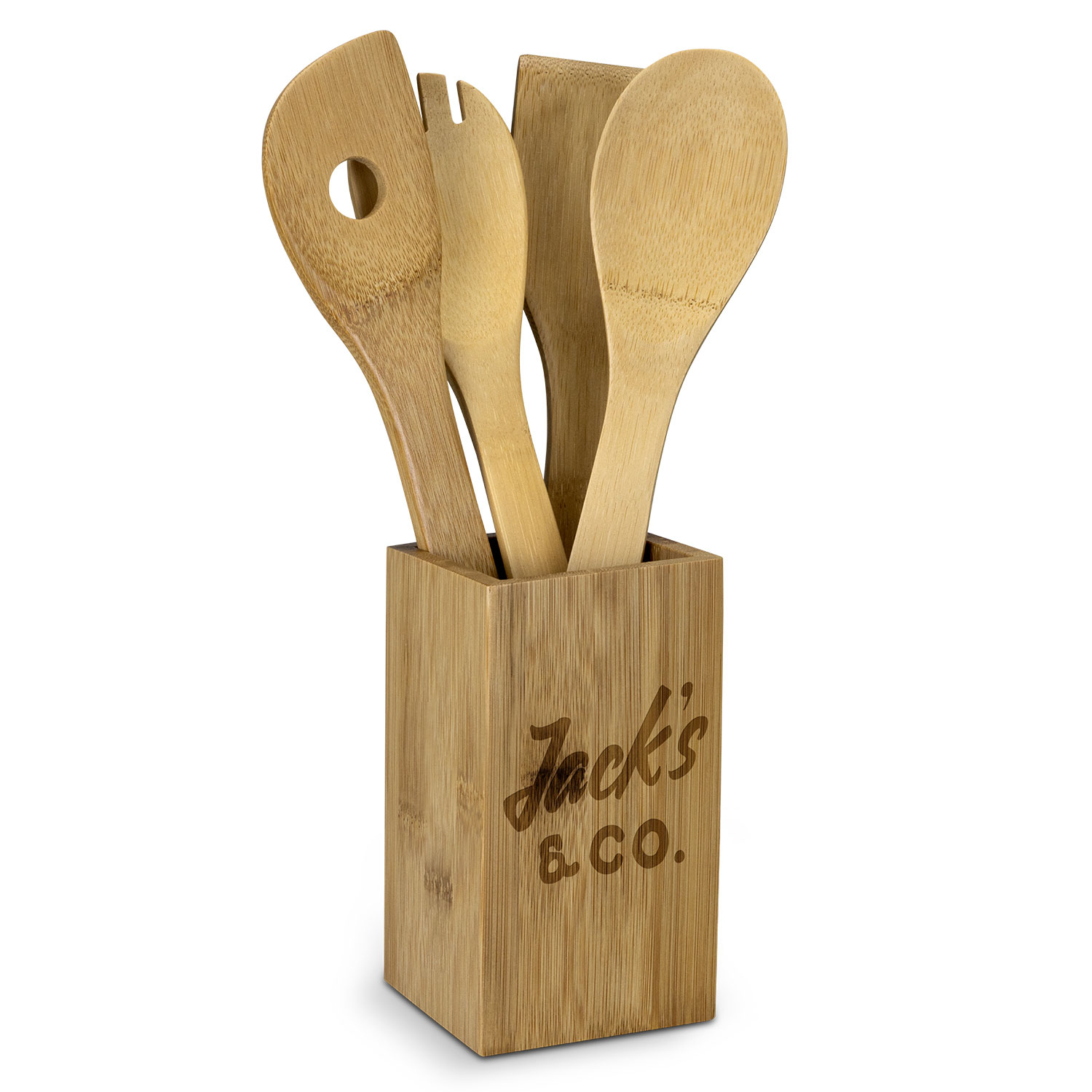 Eco Products
Eco Products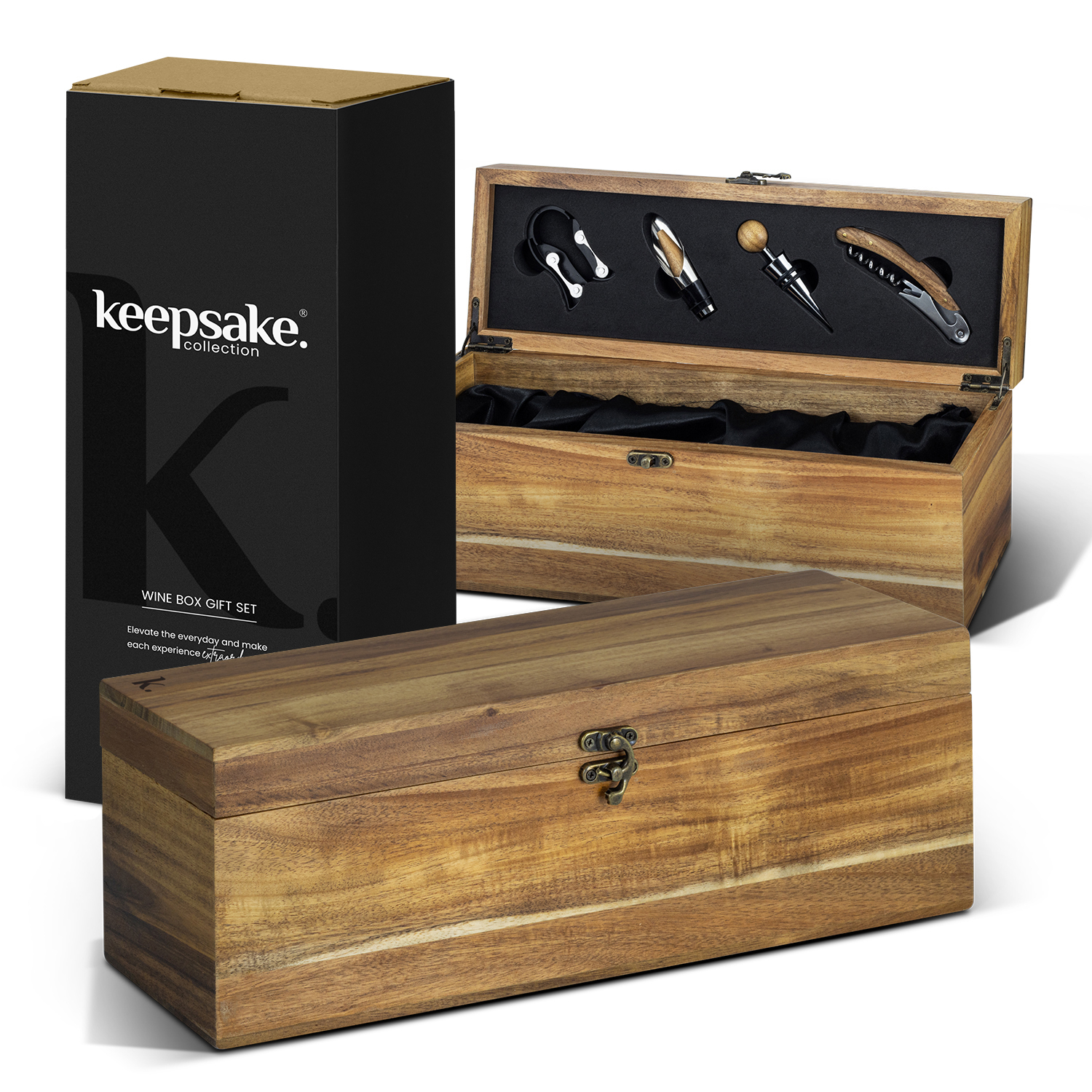 Gift Box Sets
Gift Box Sets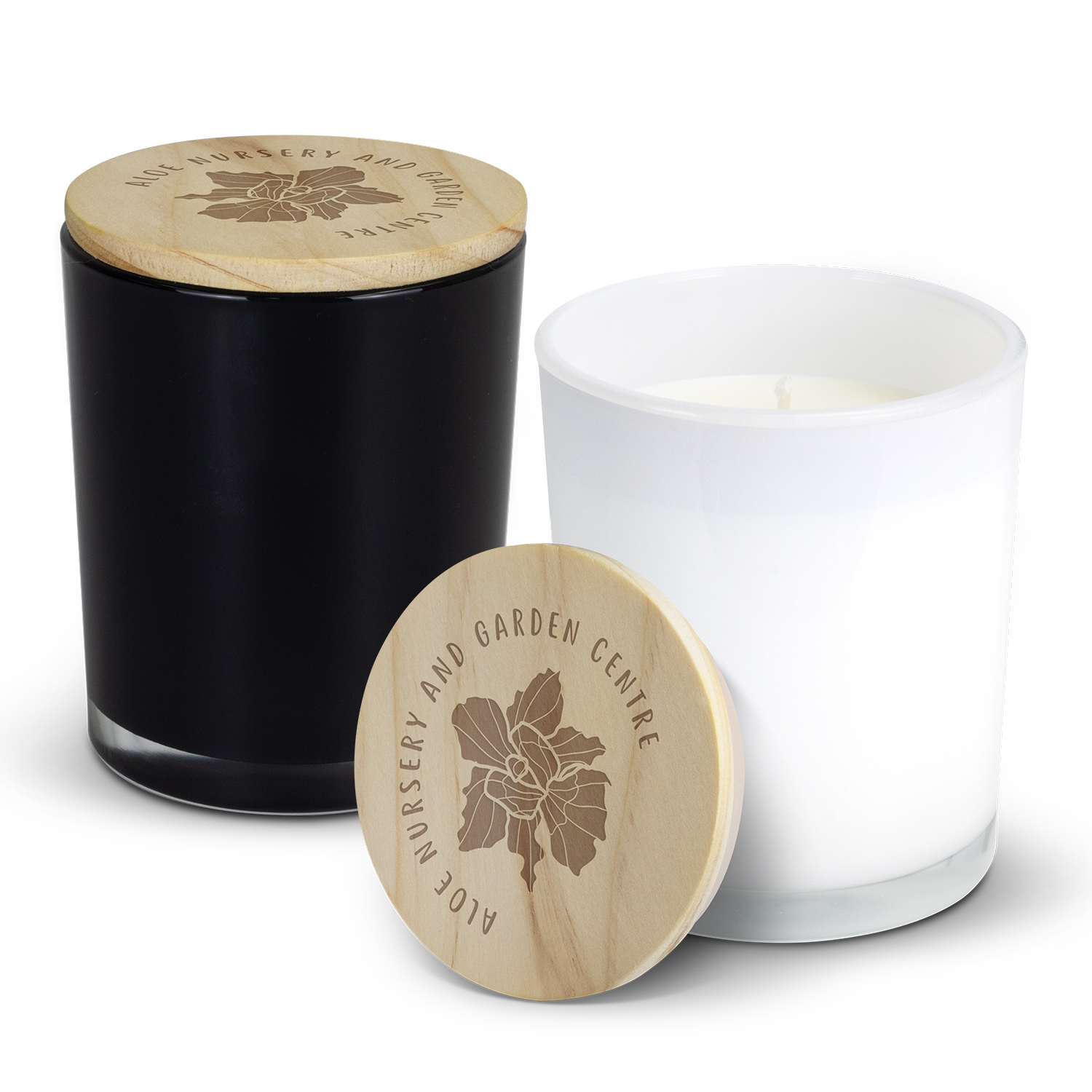 Homeware
Homeware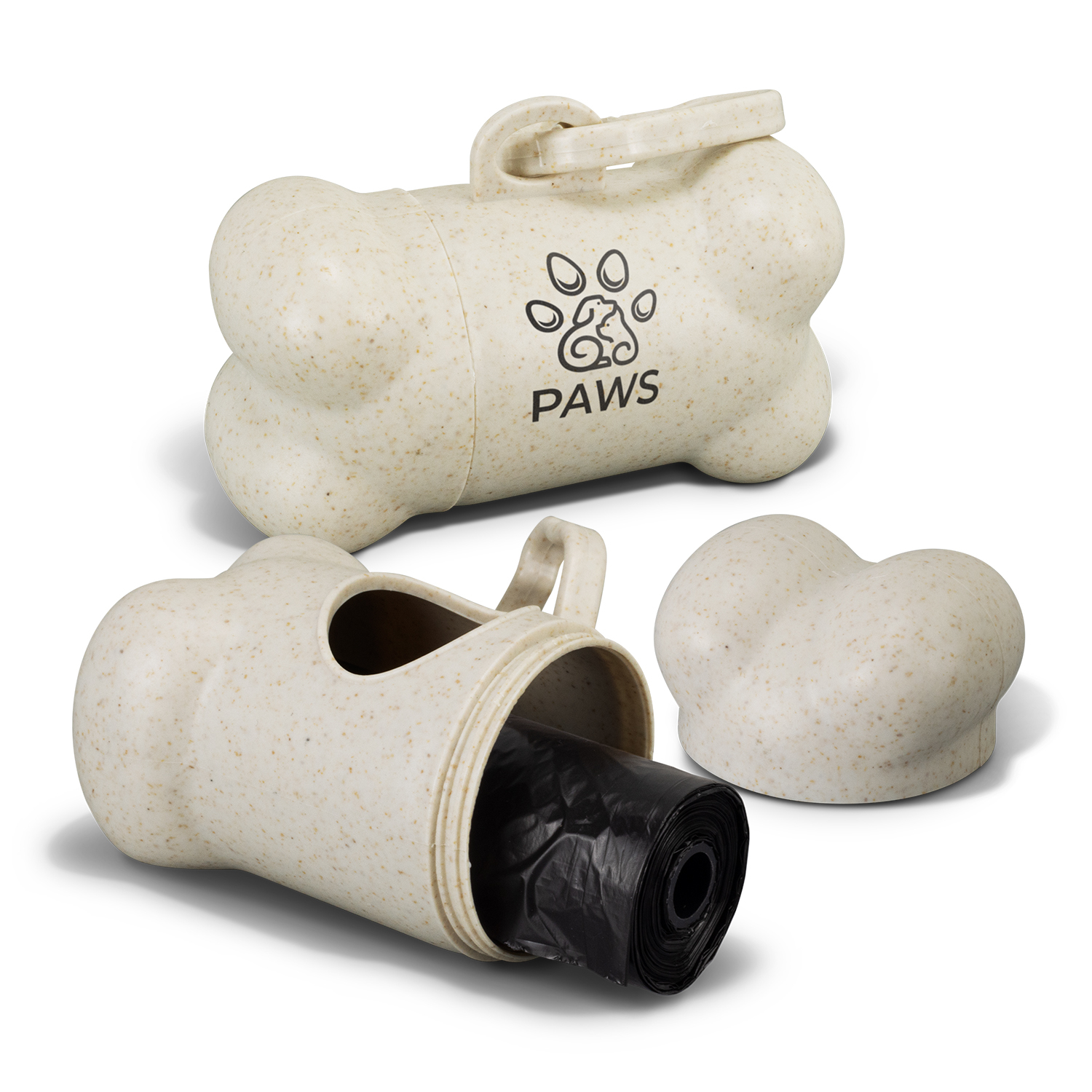 Pet Products
Pet Products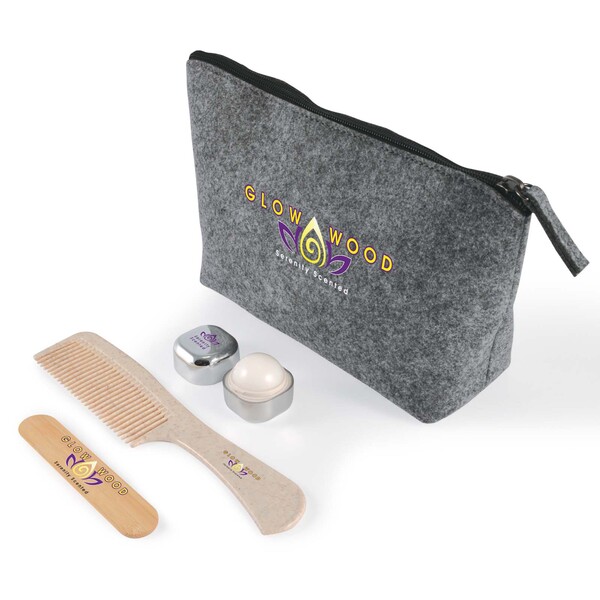 Personal Care
Personal Care Occasion Ideas
Occasion Ideas